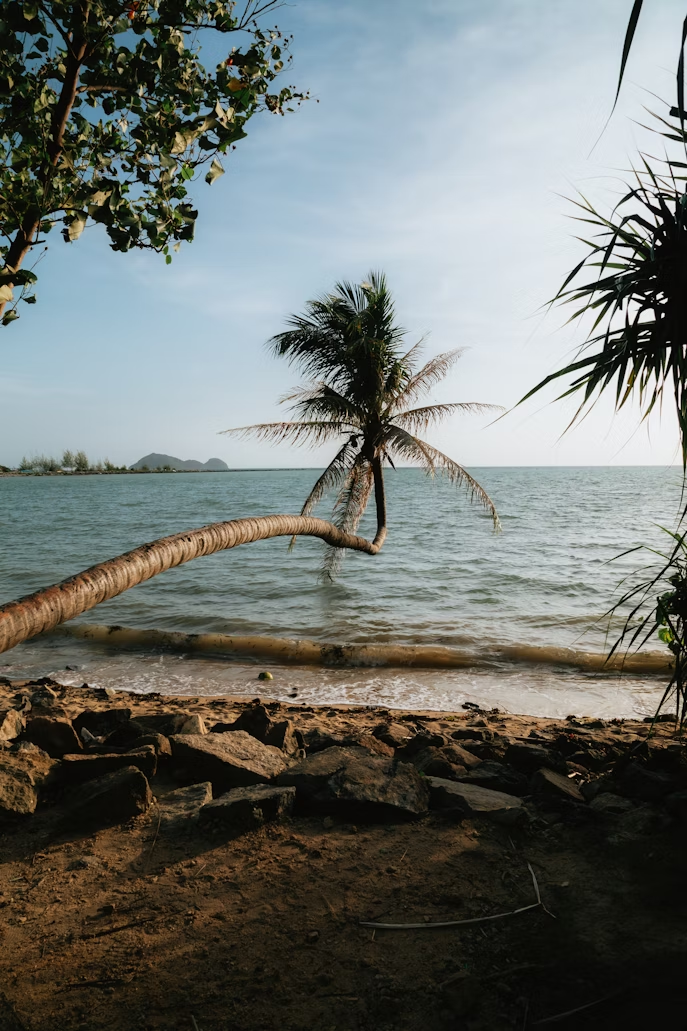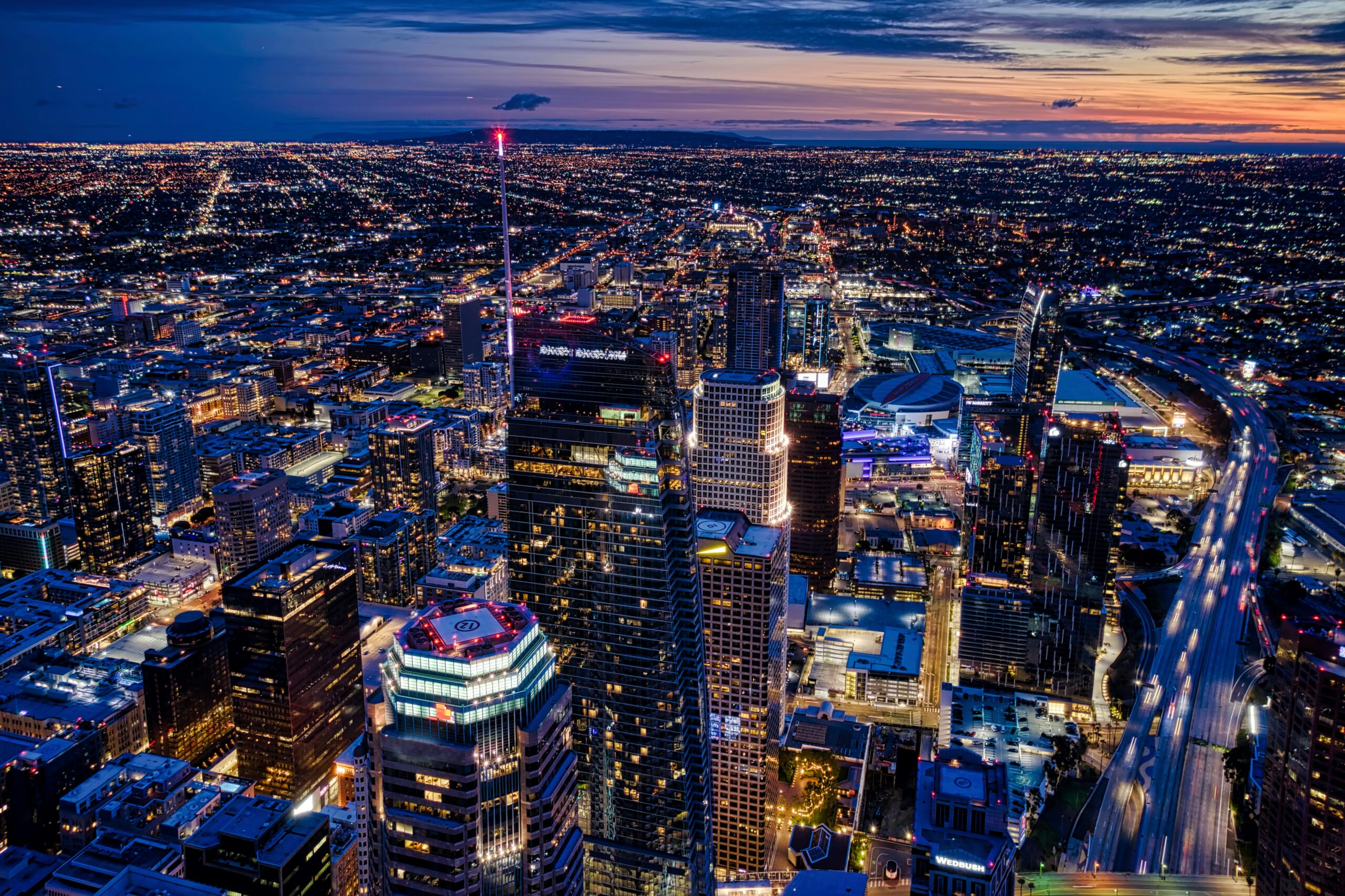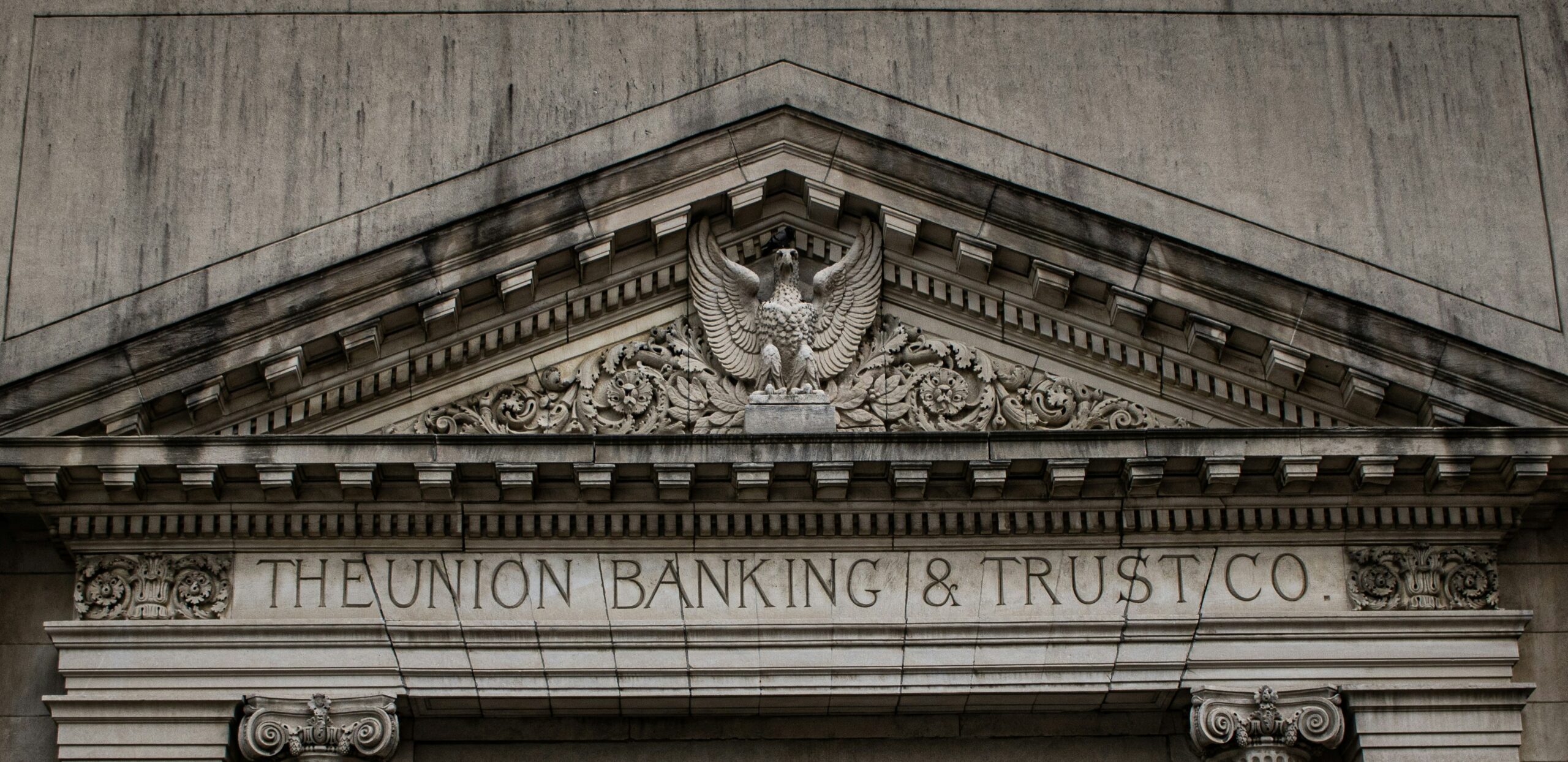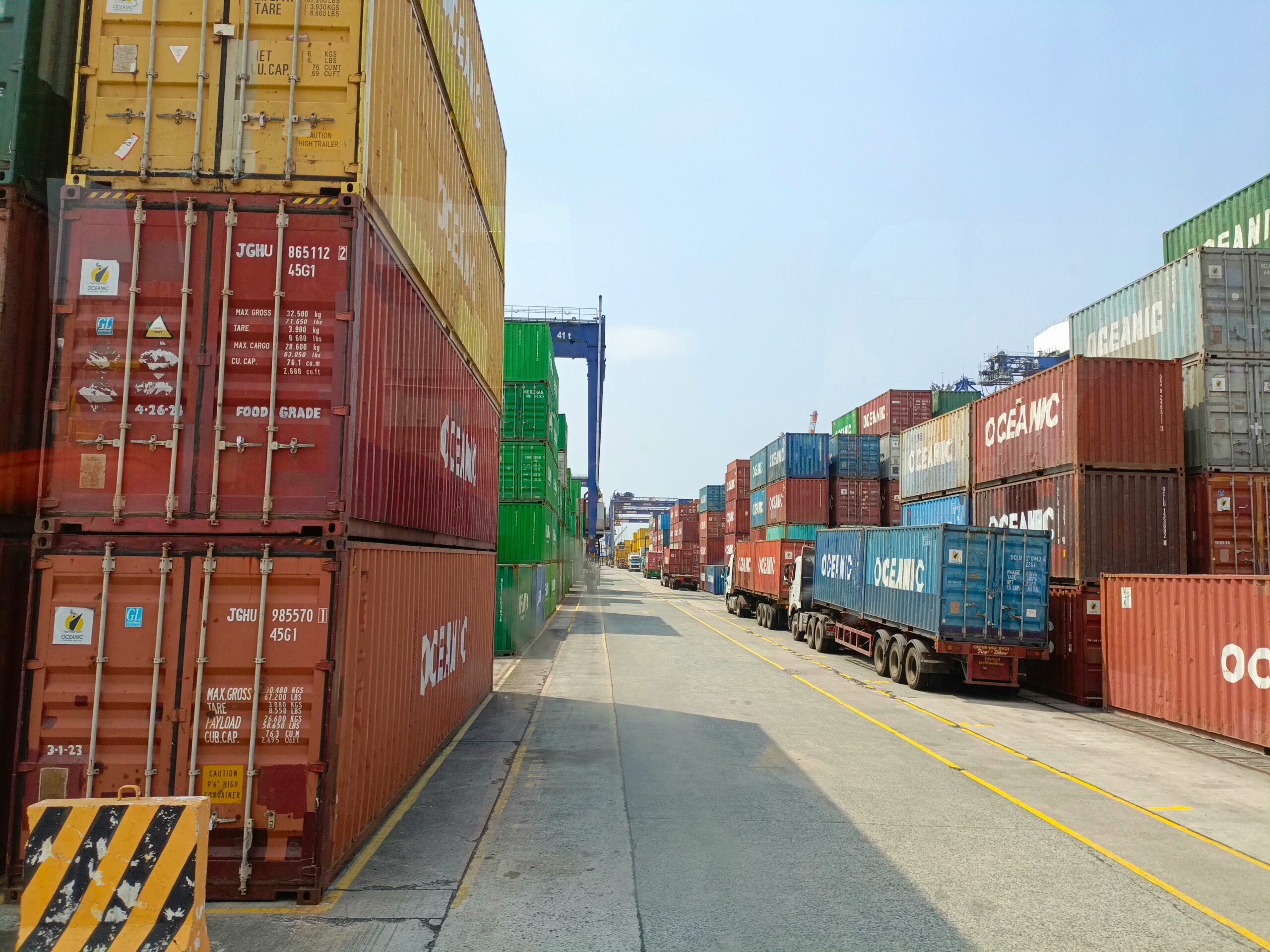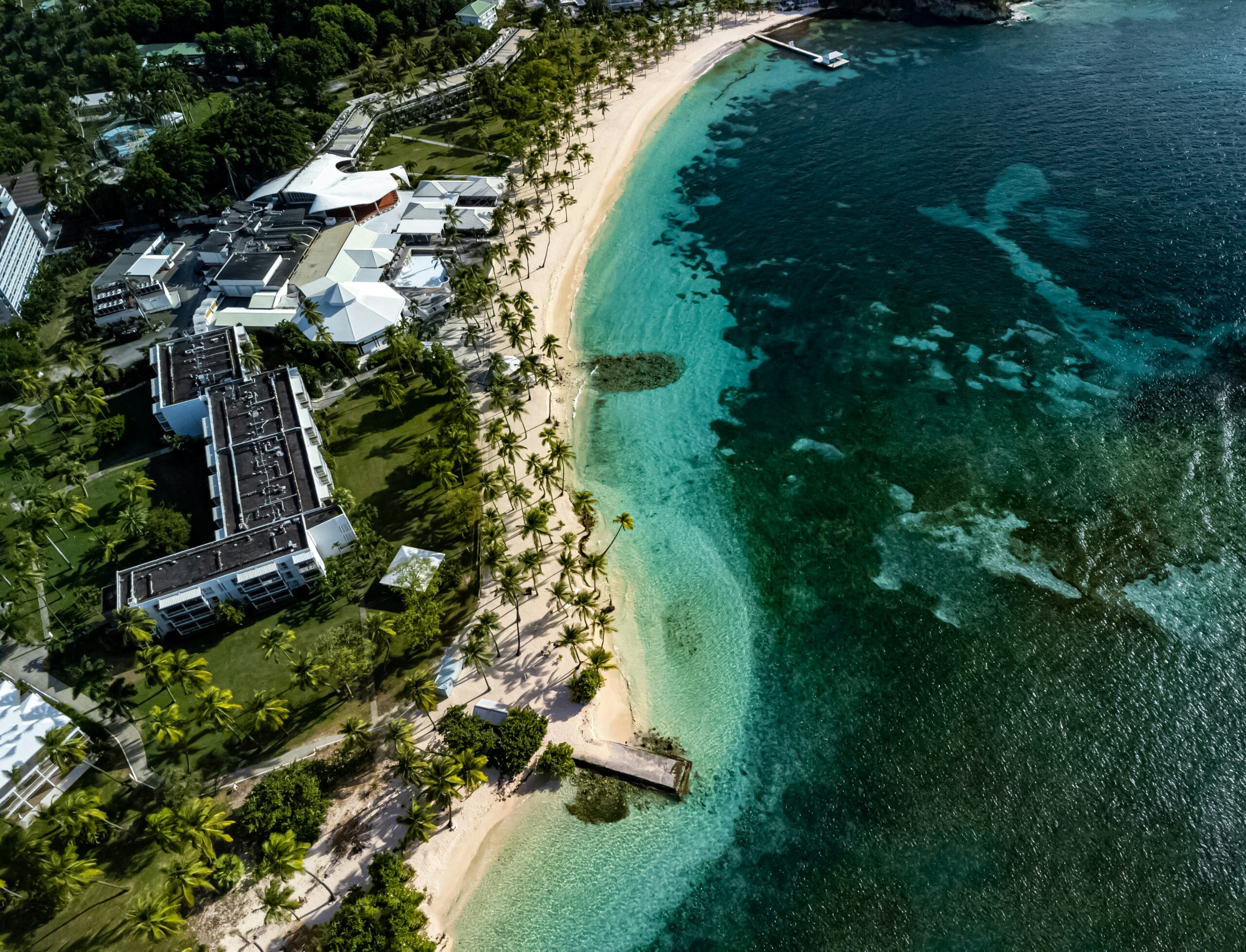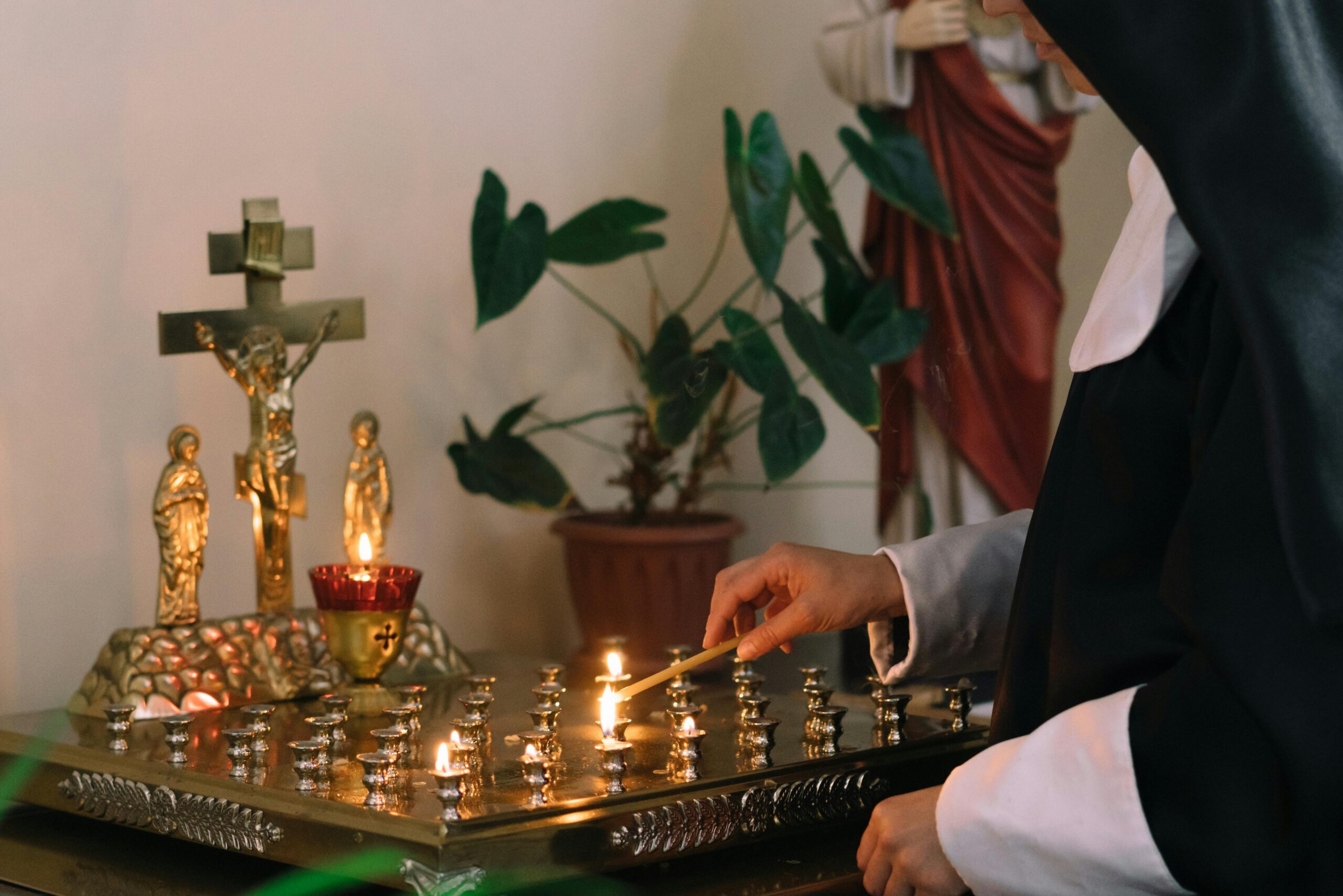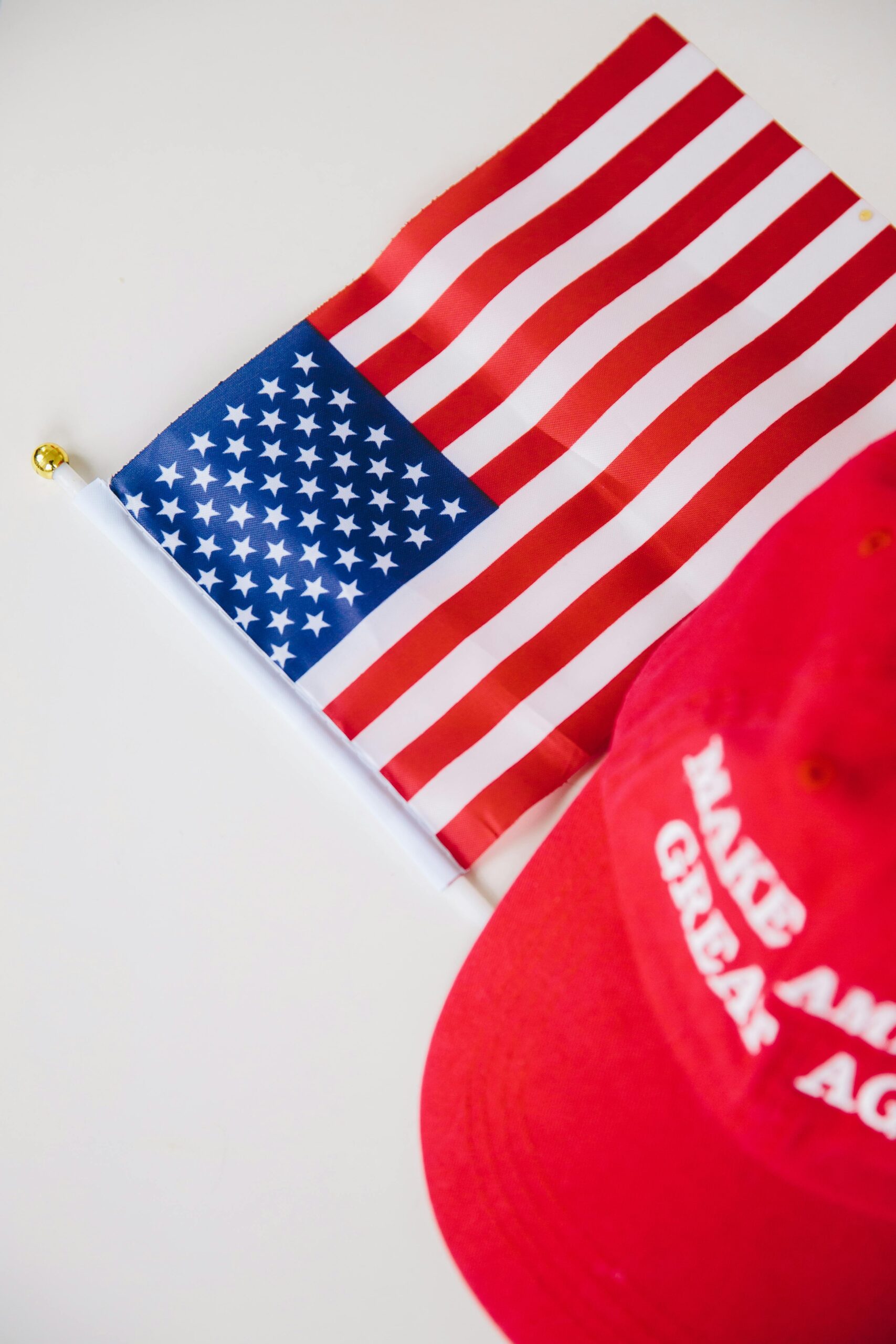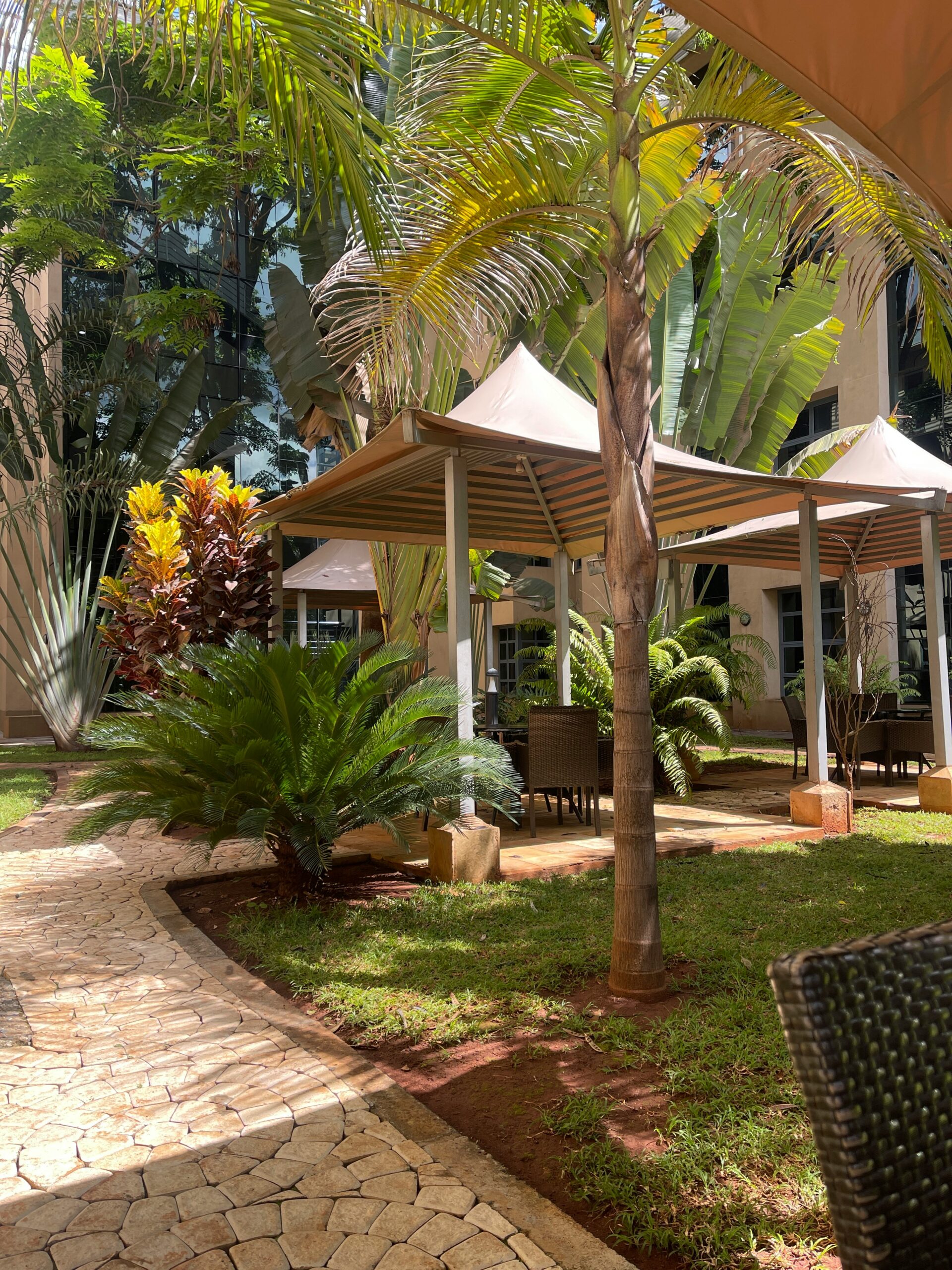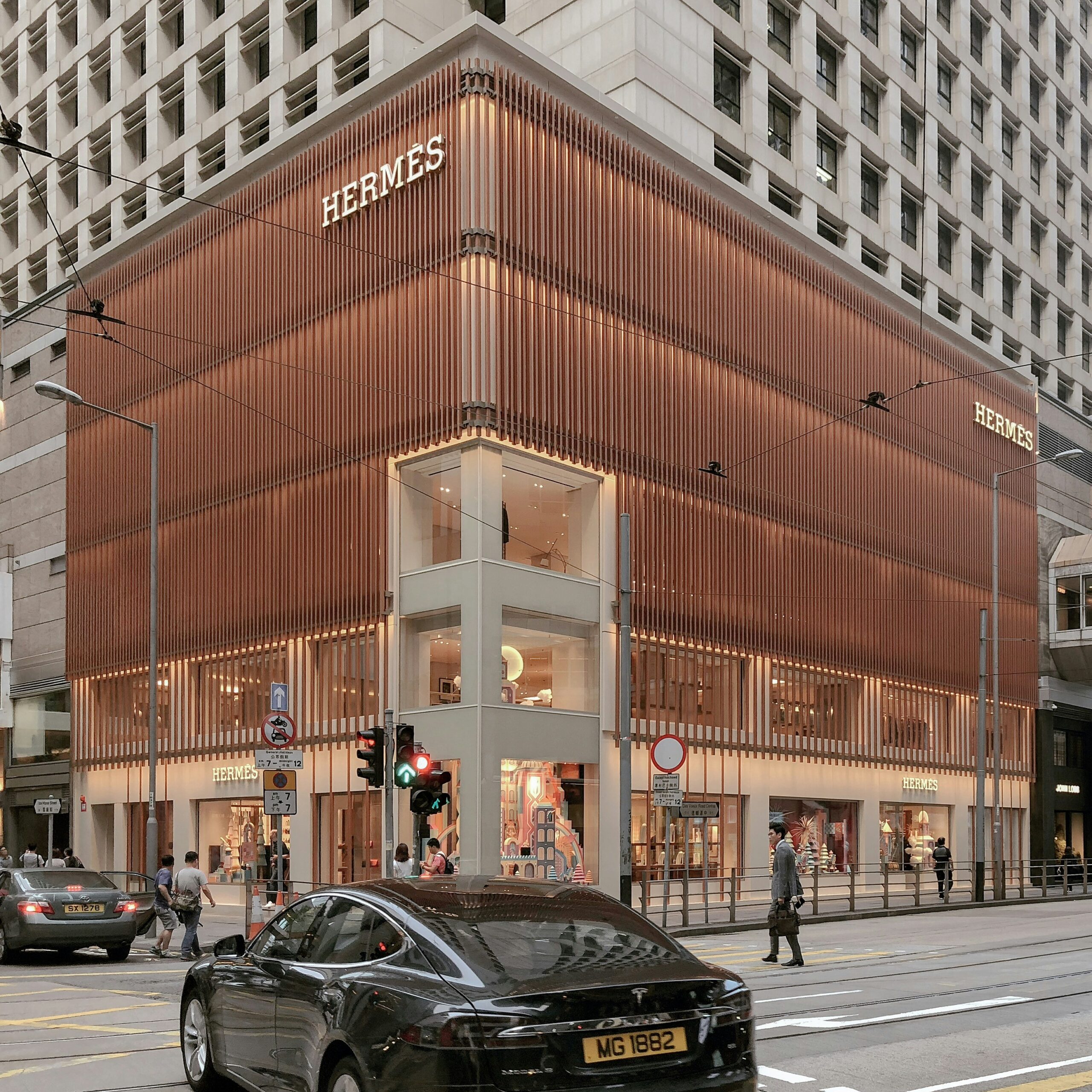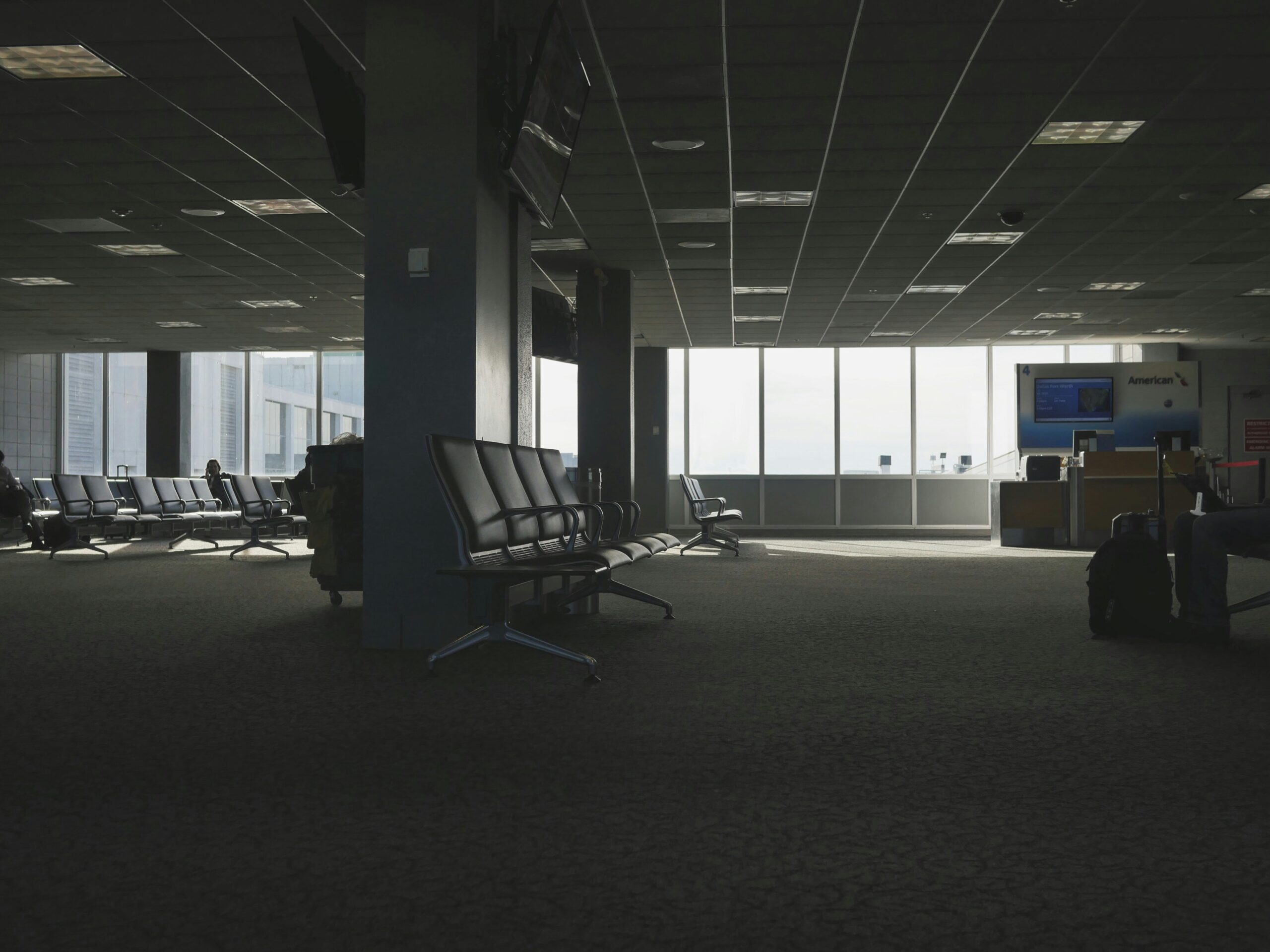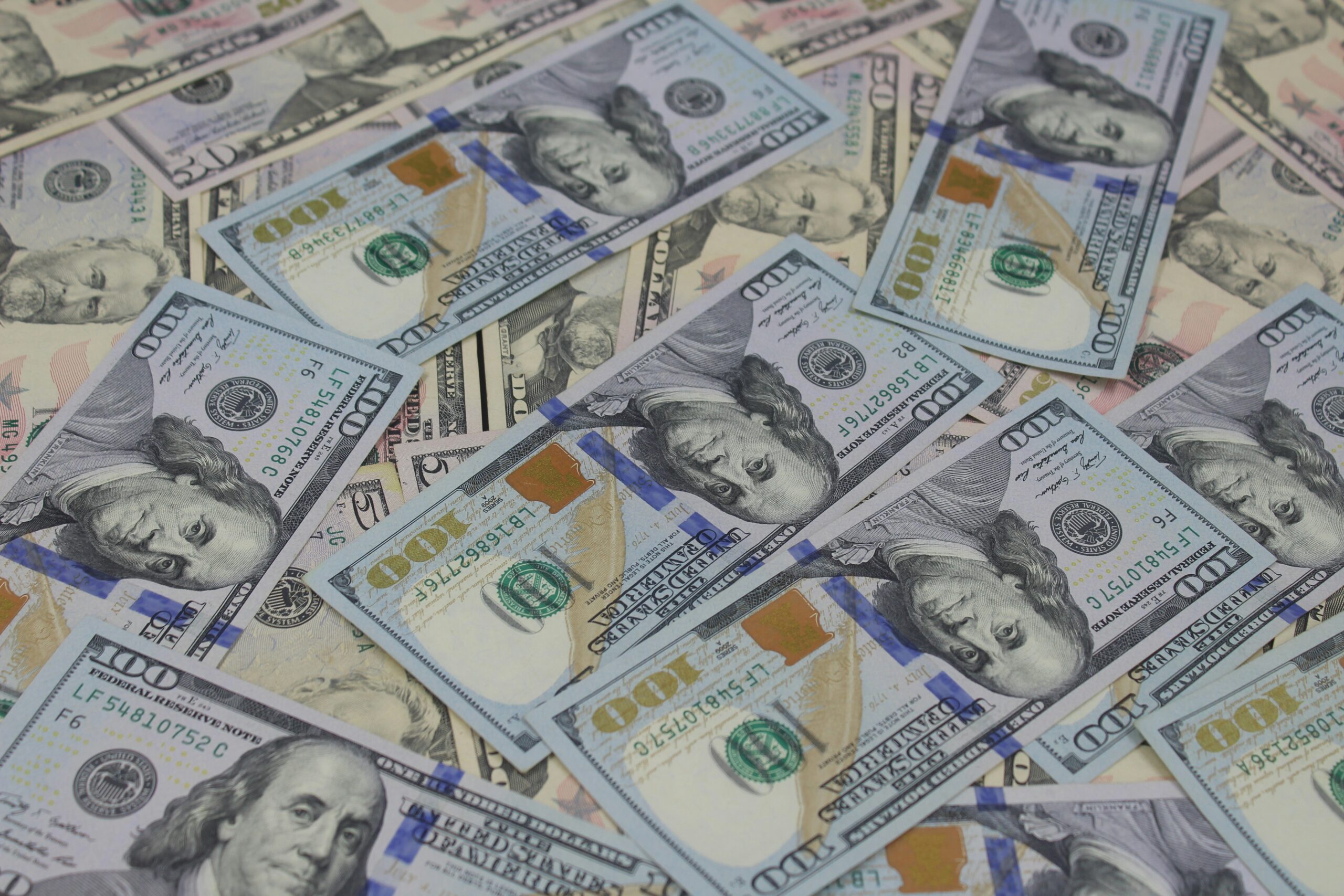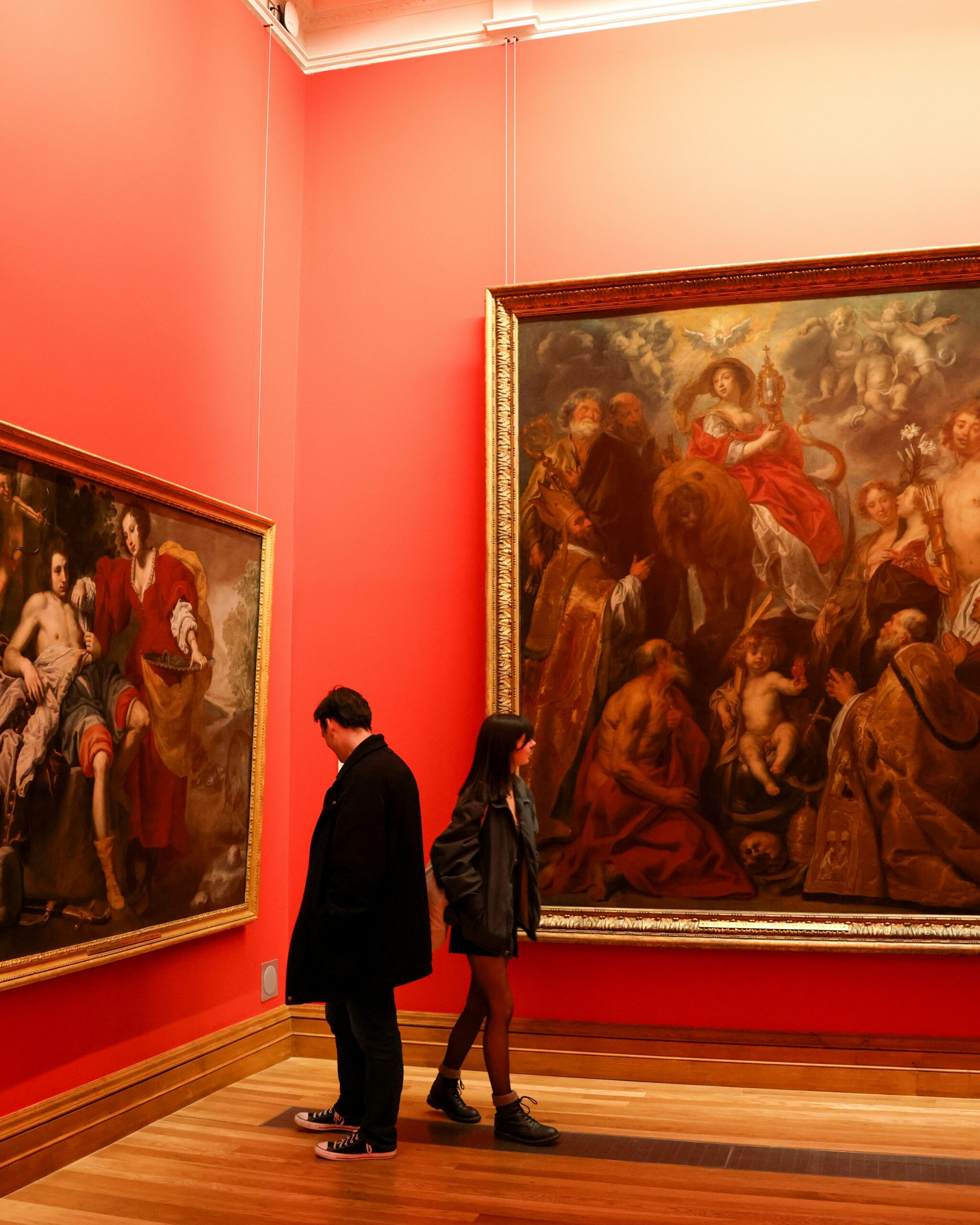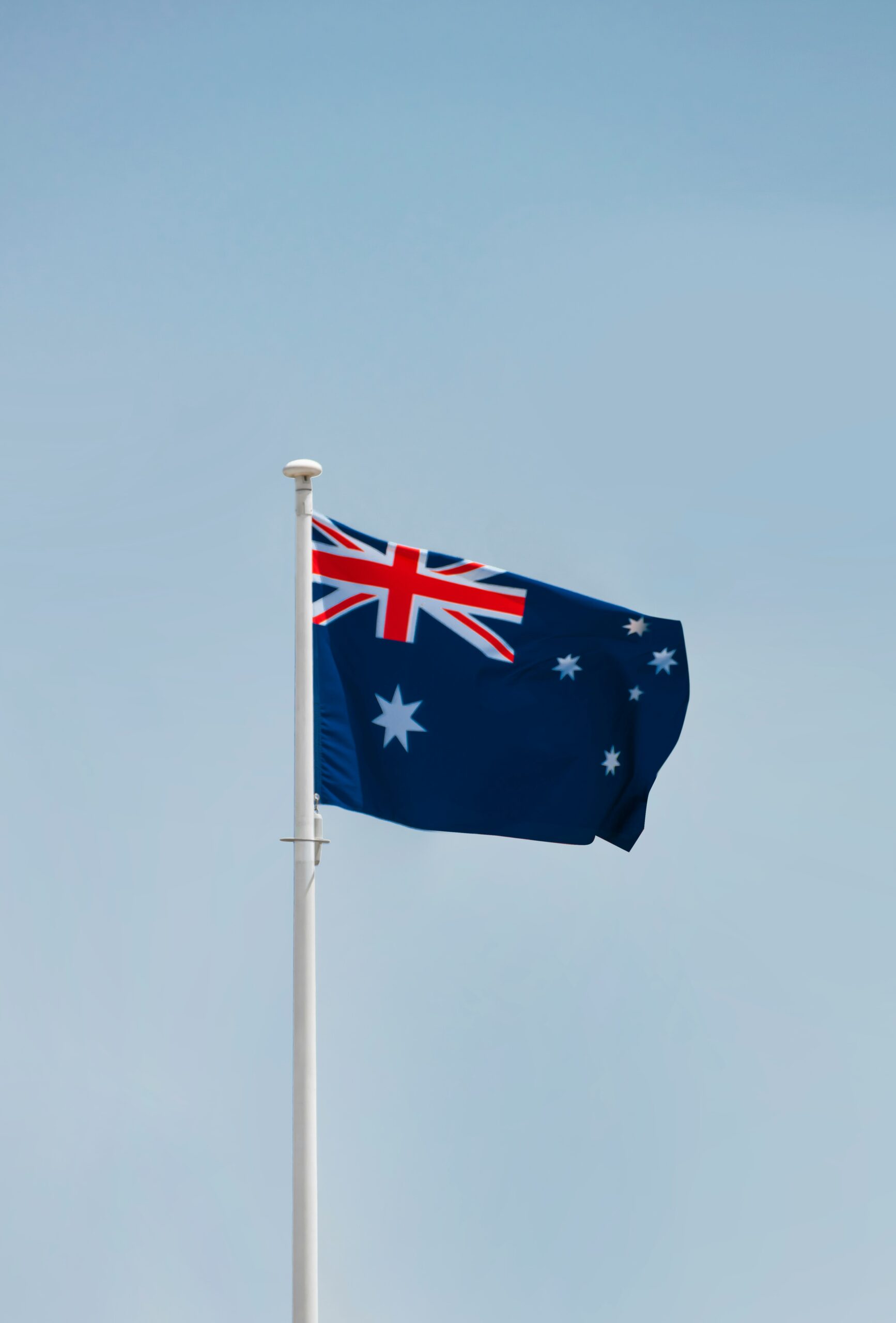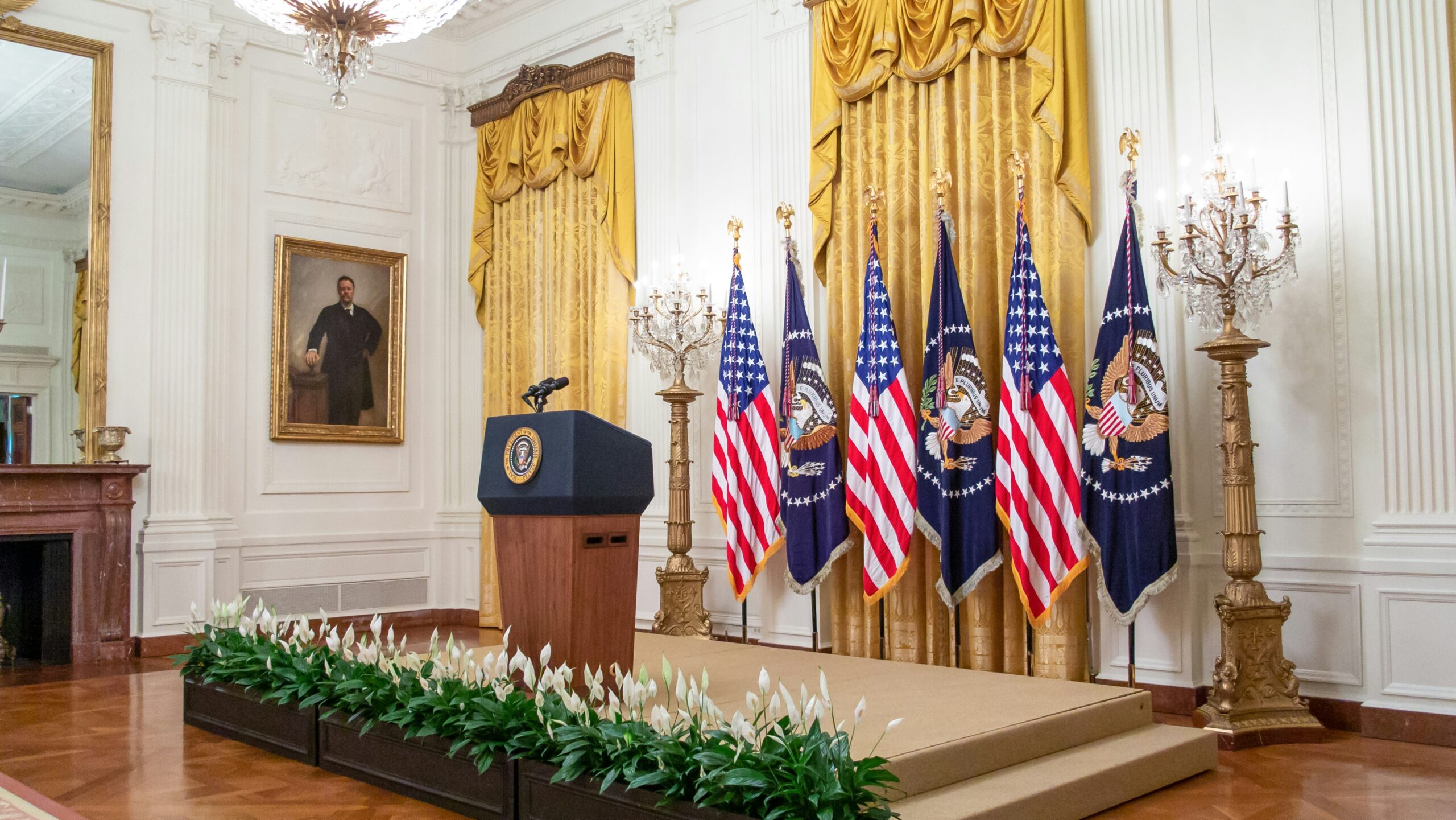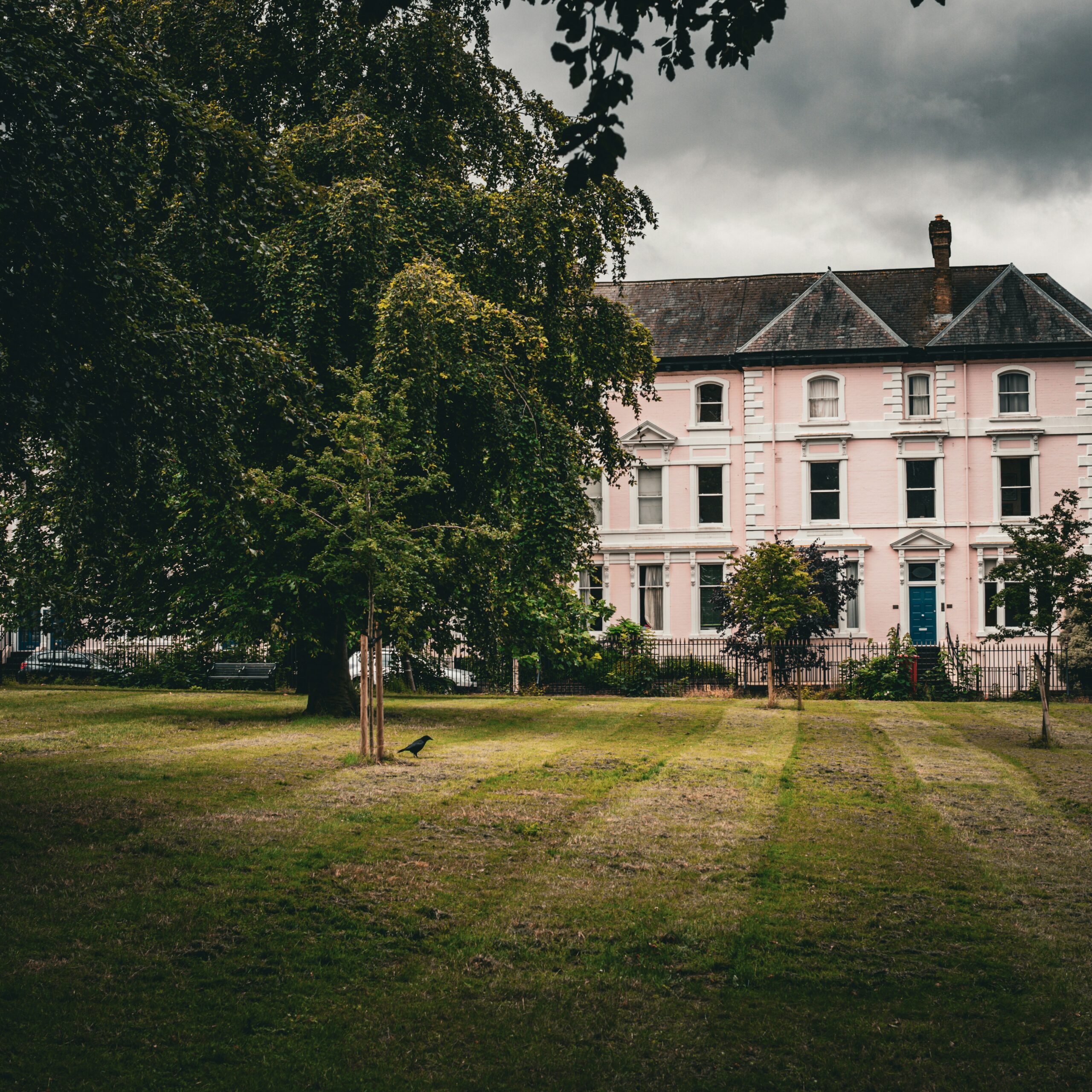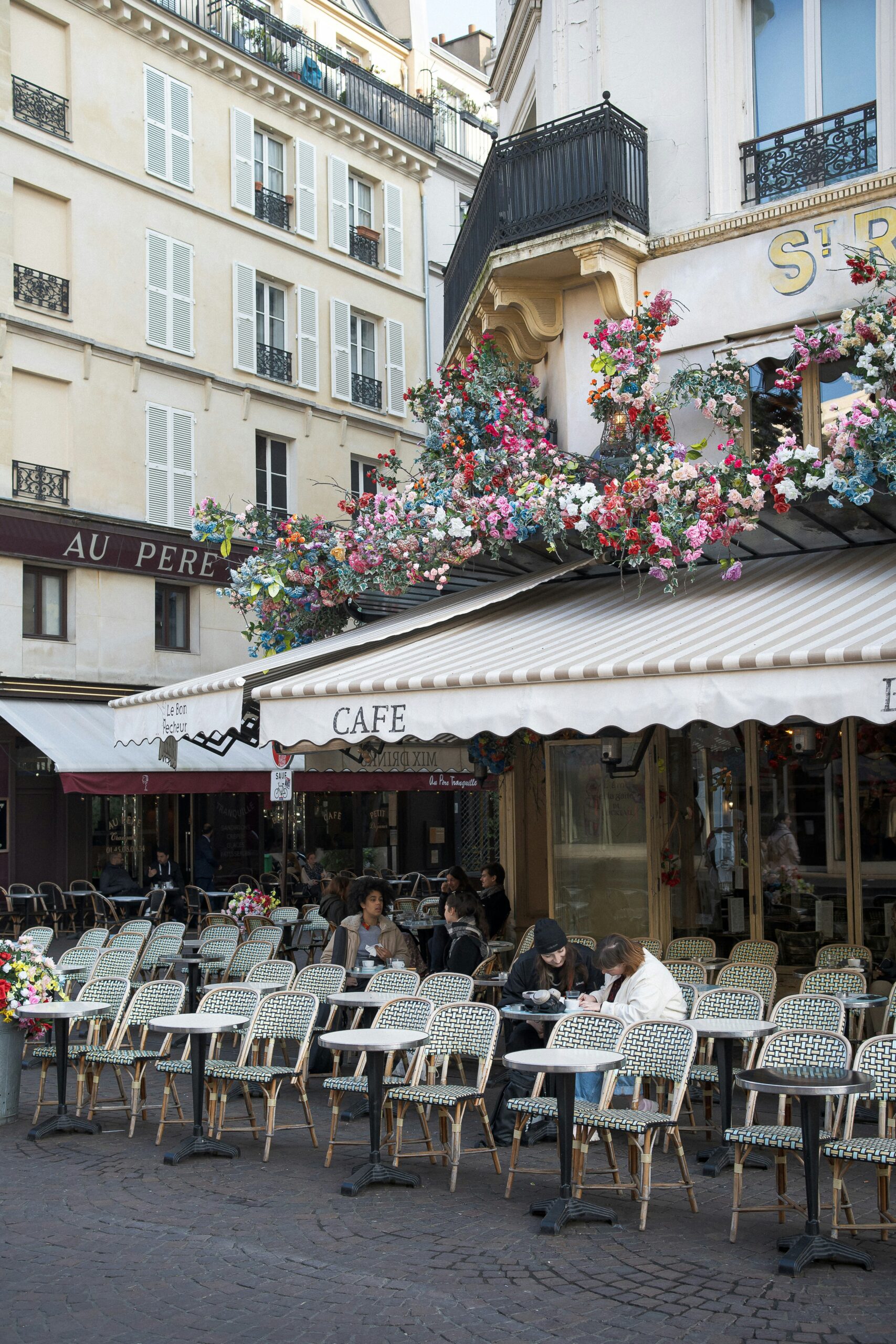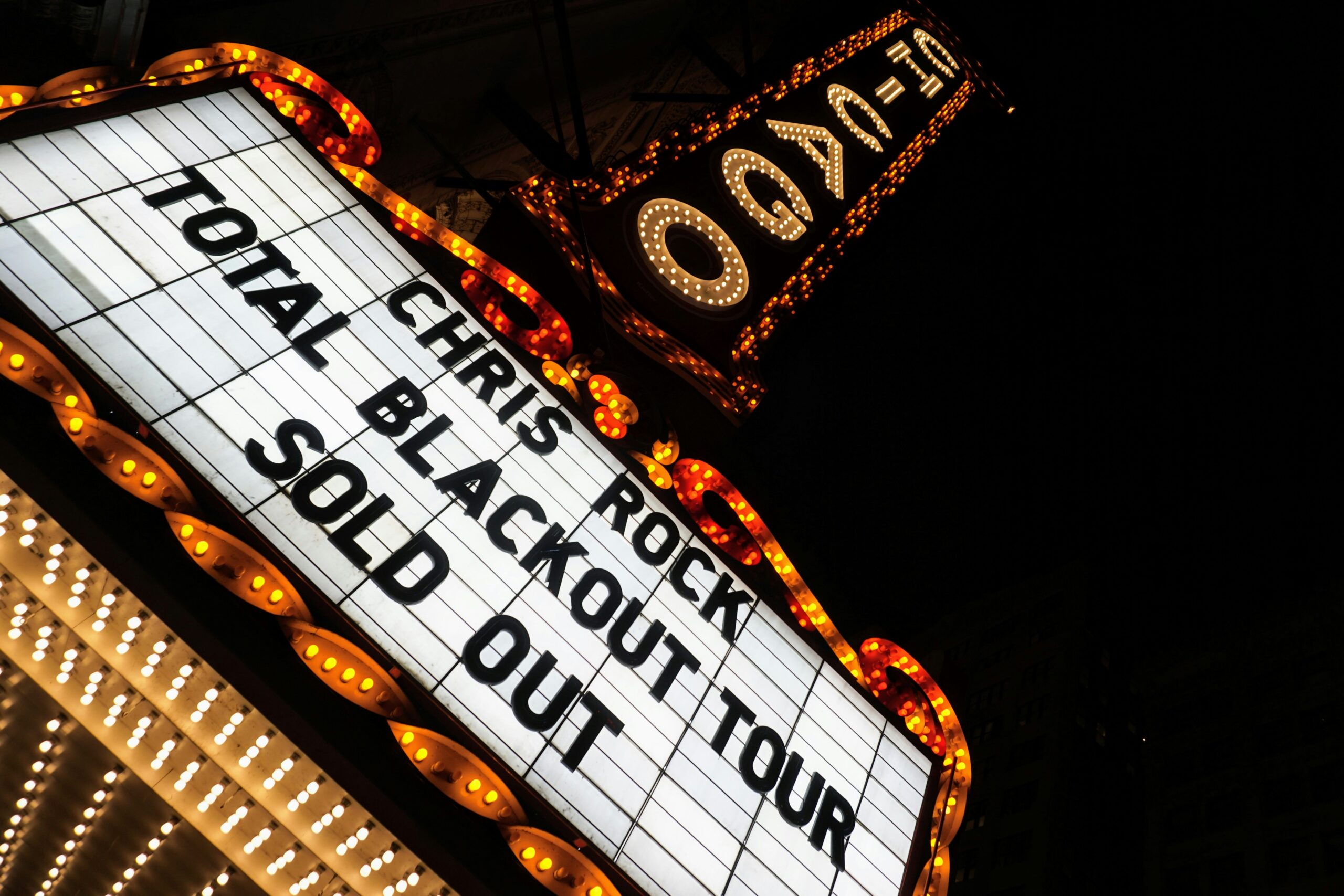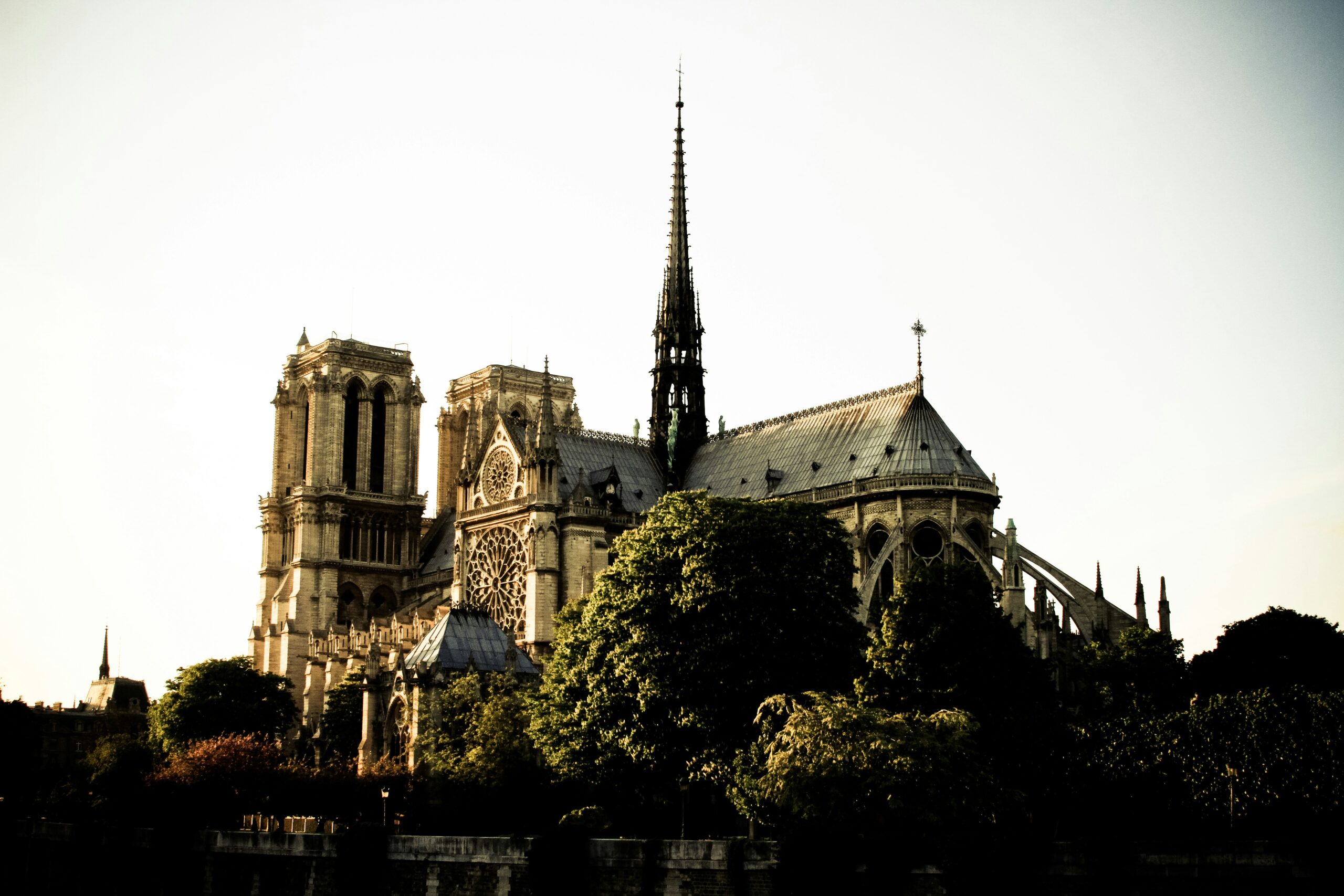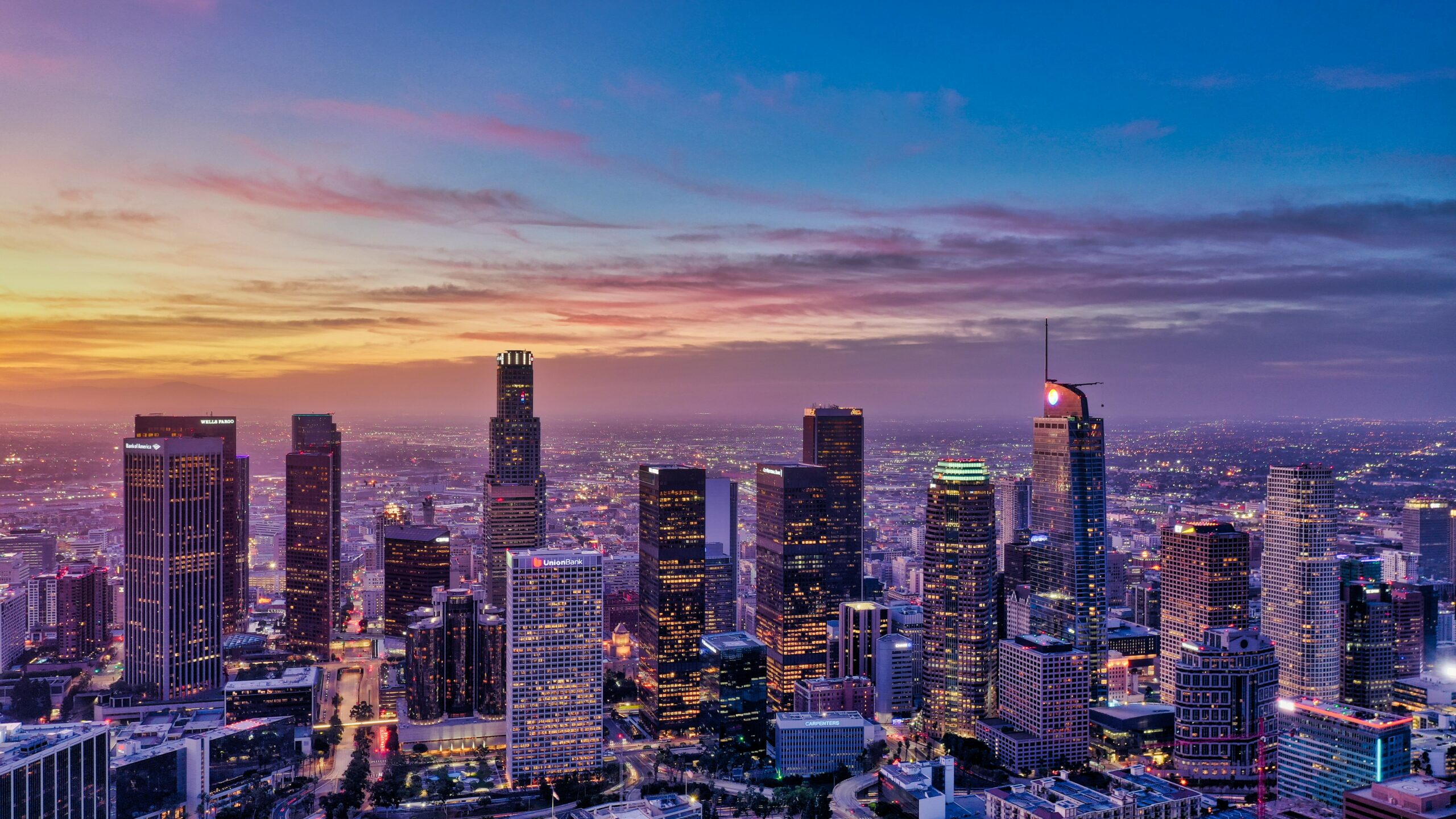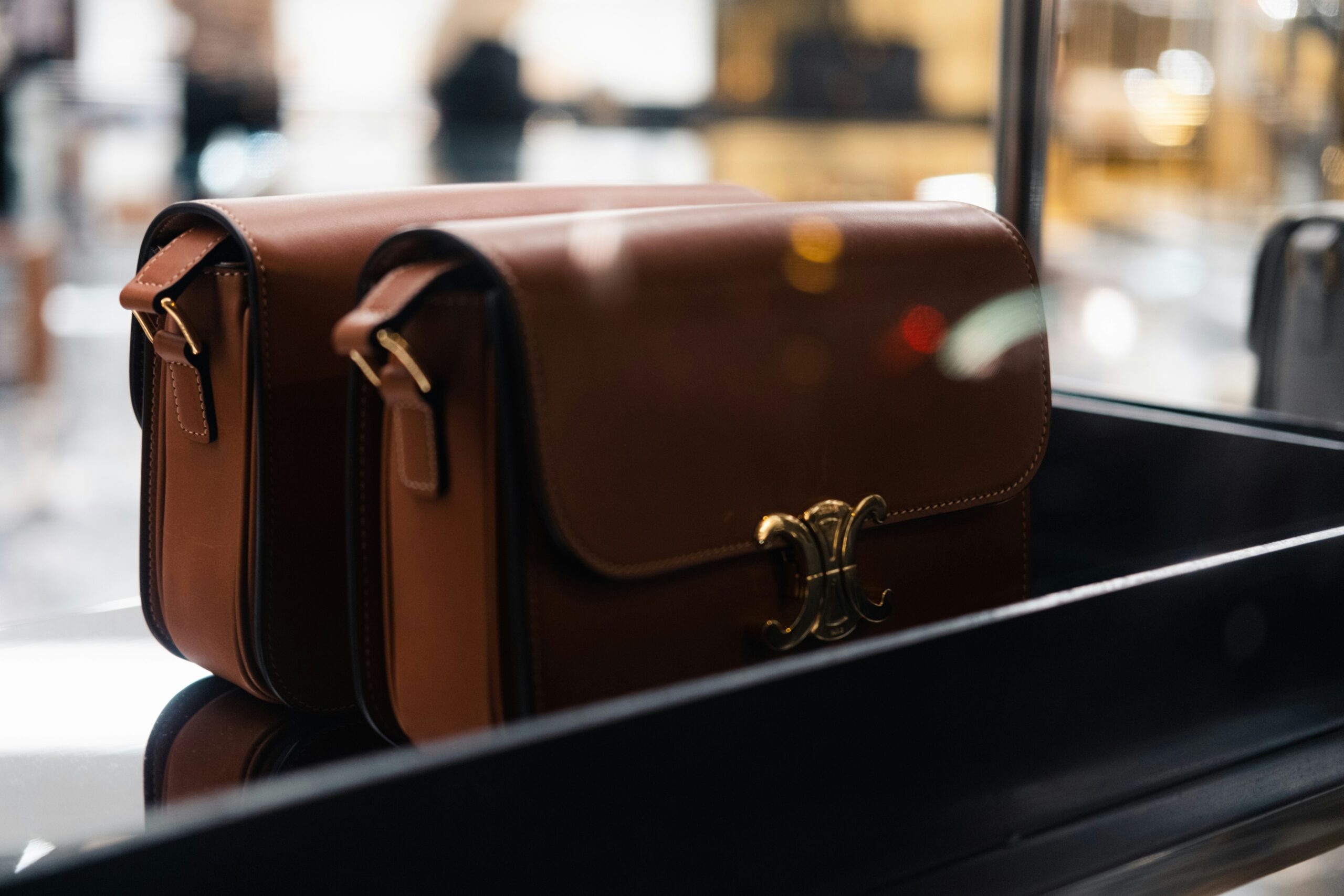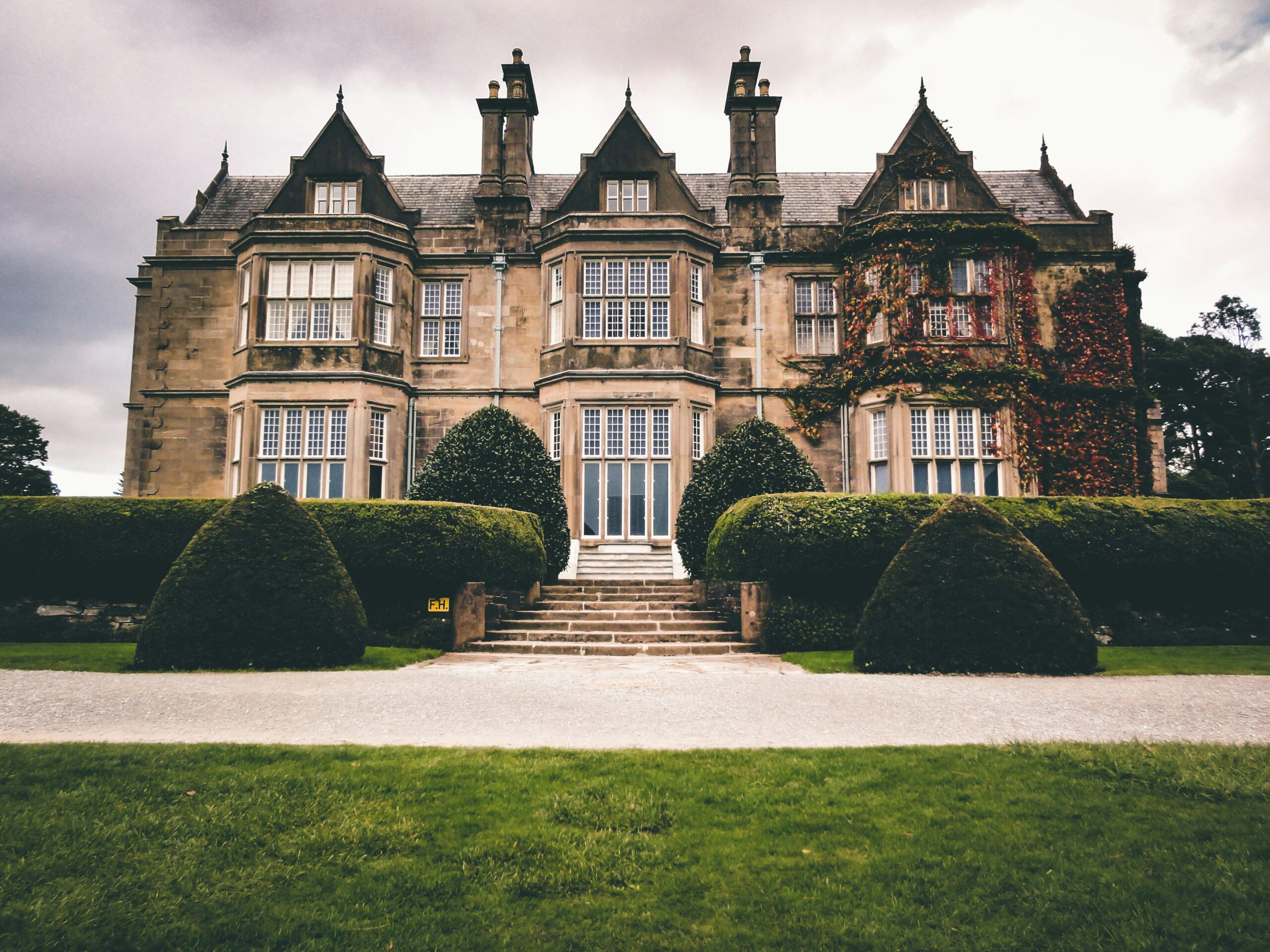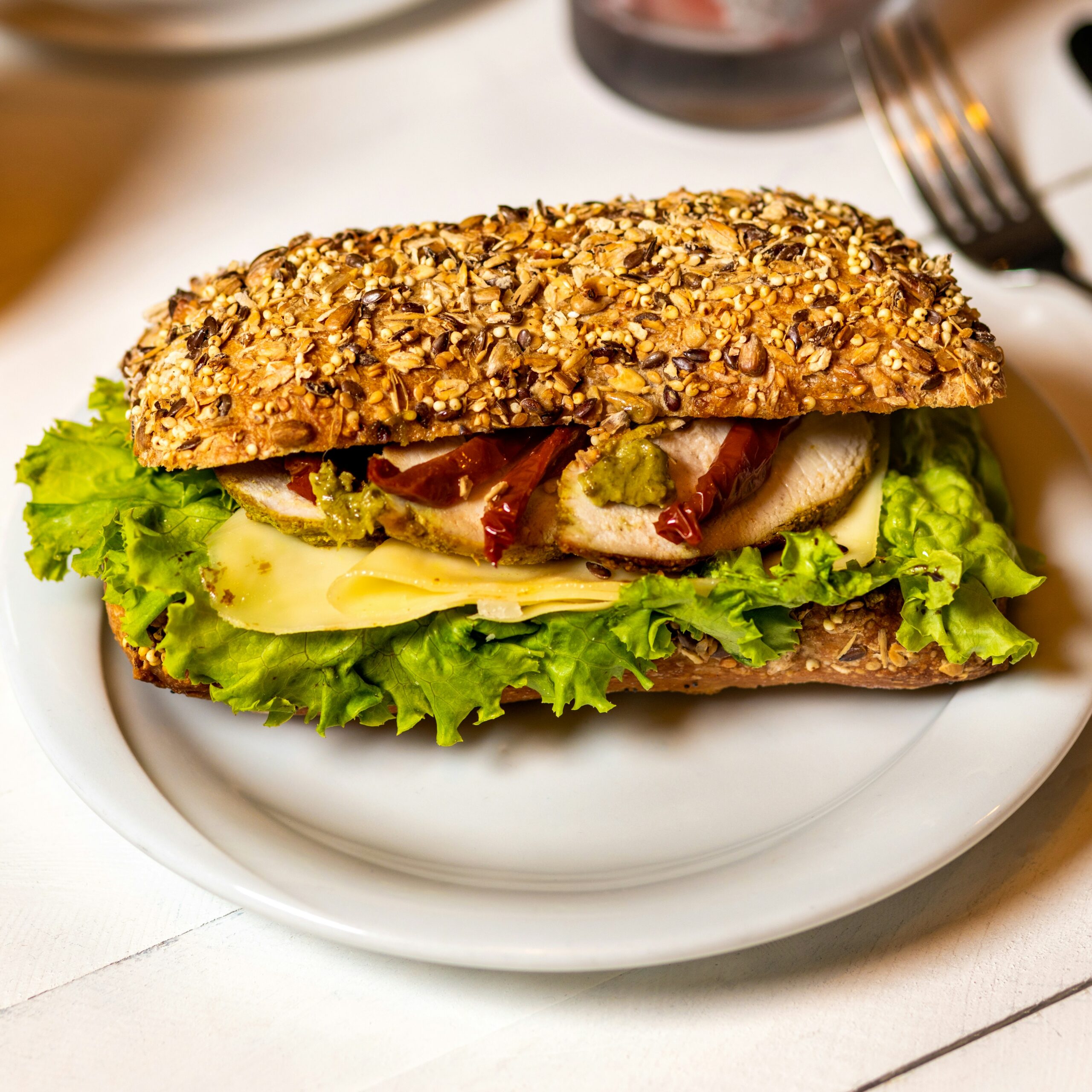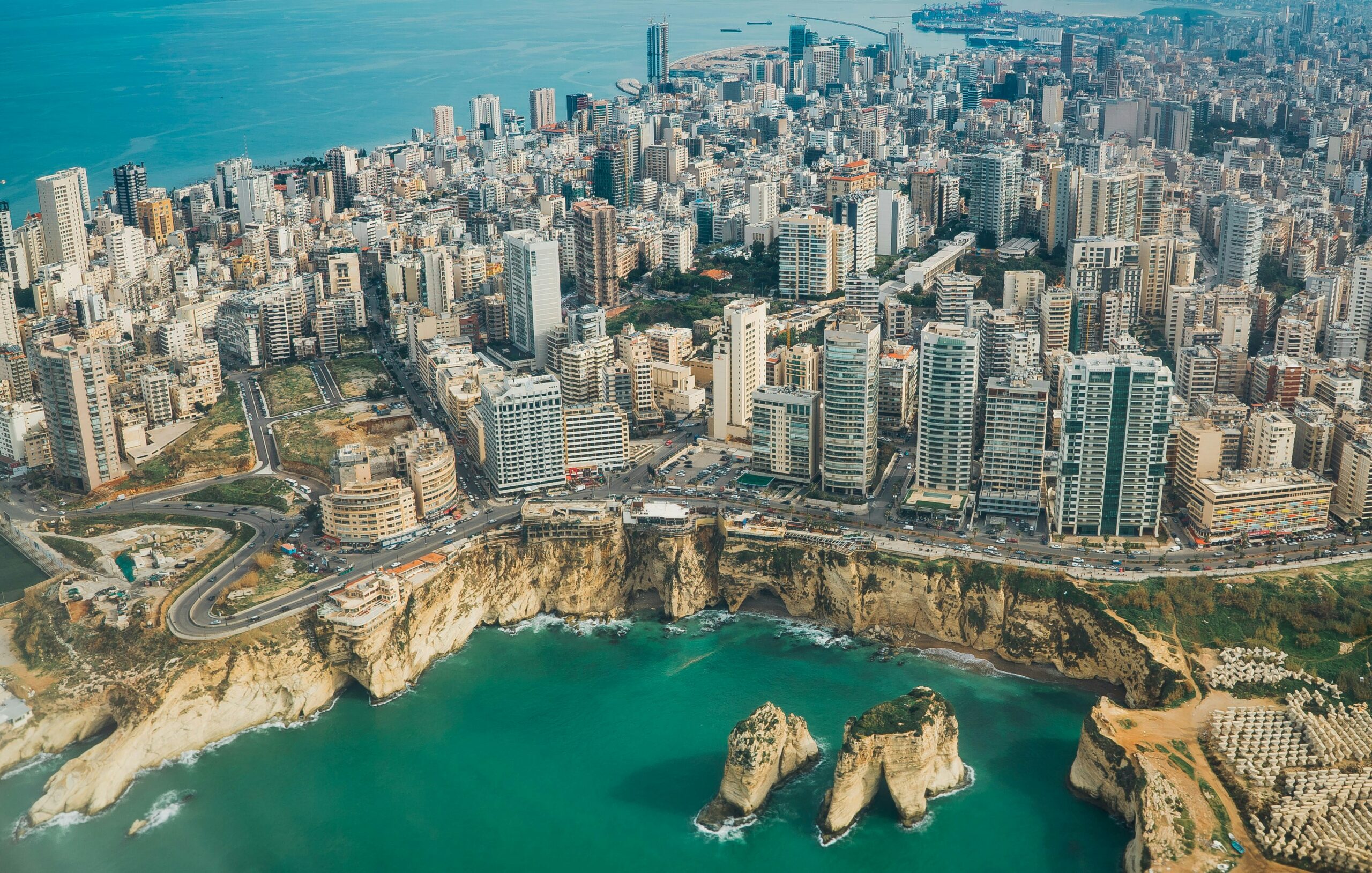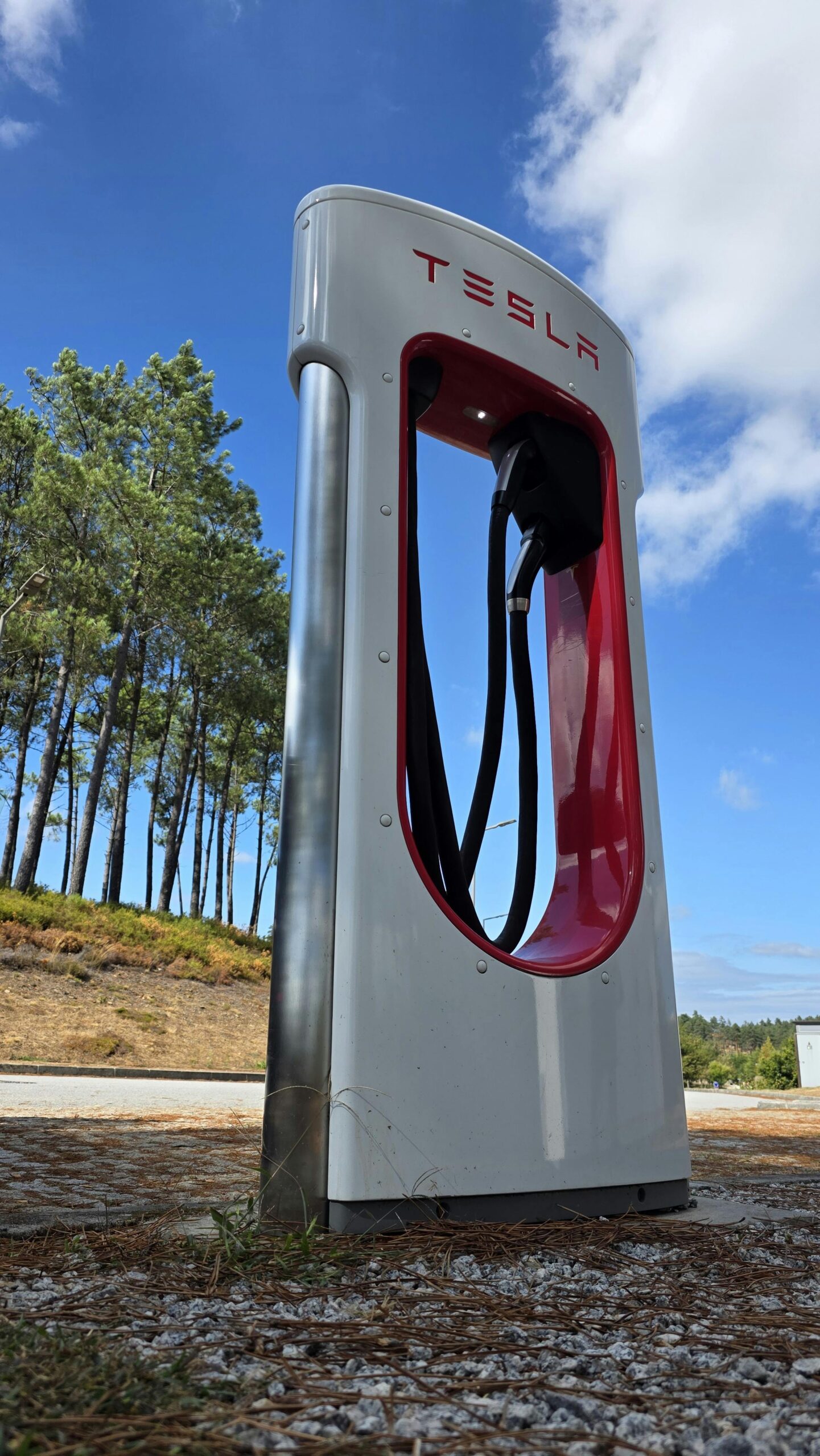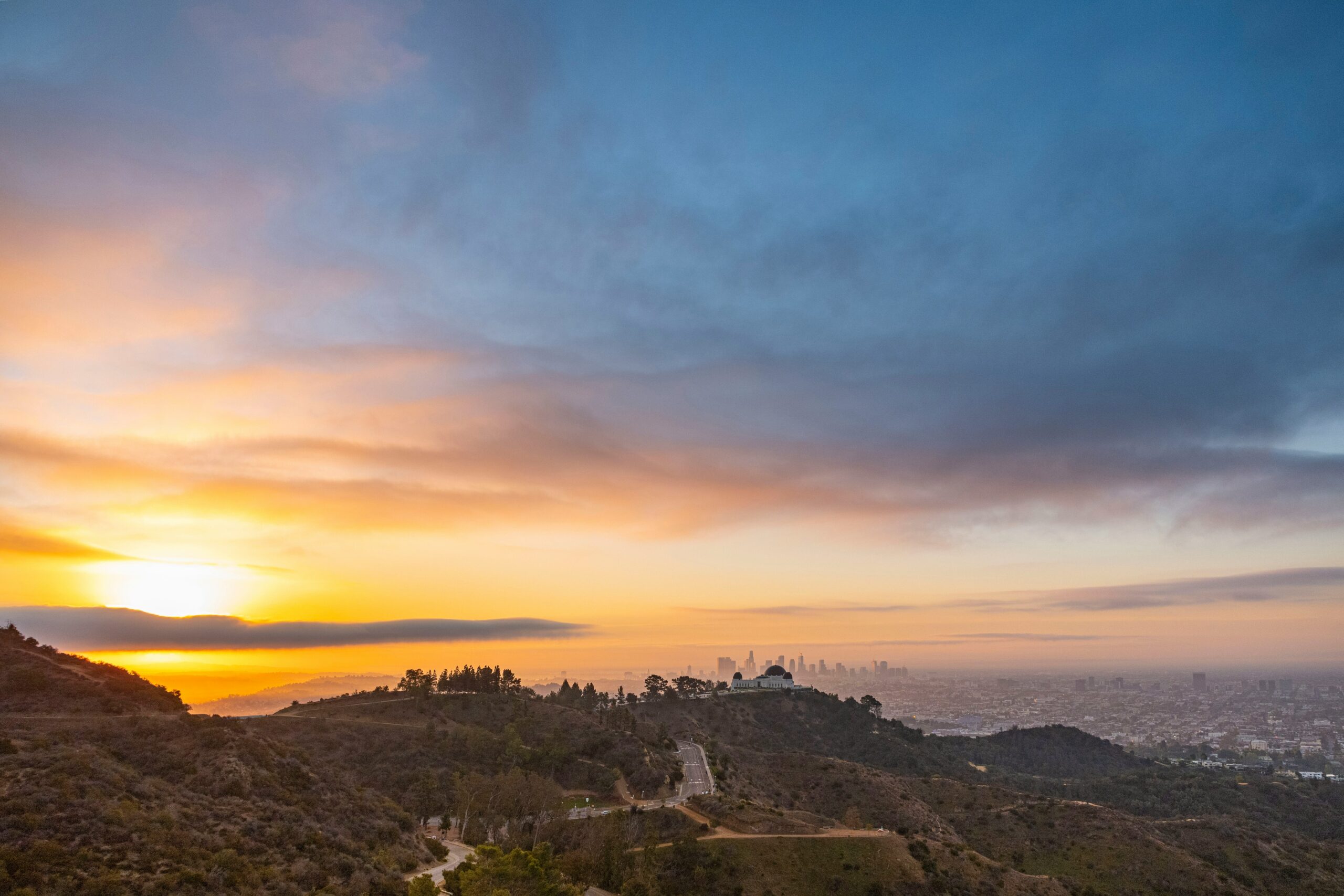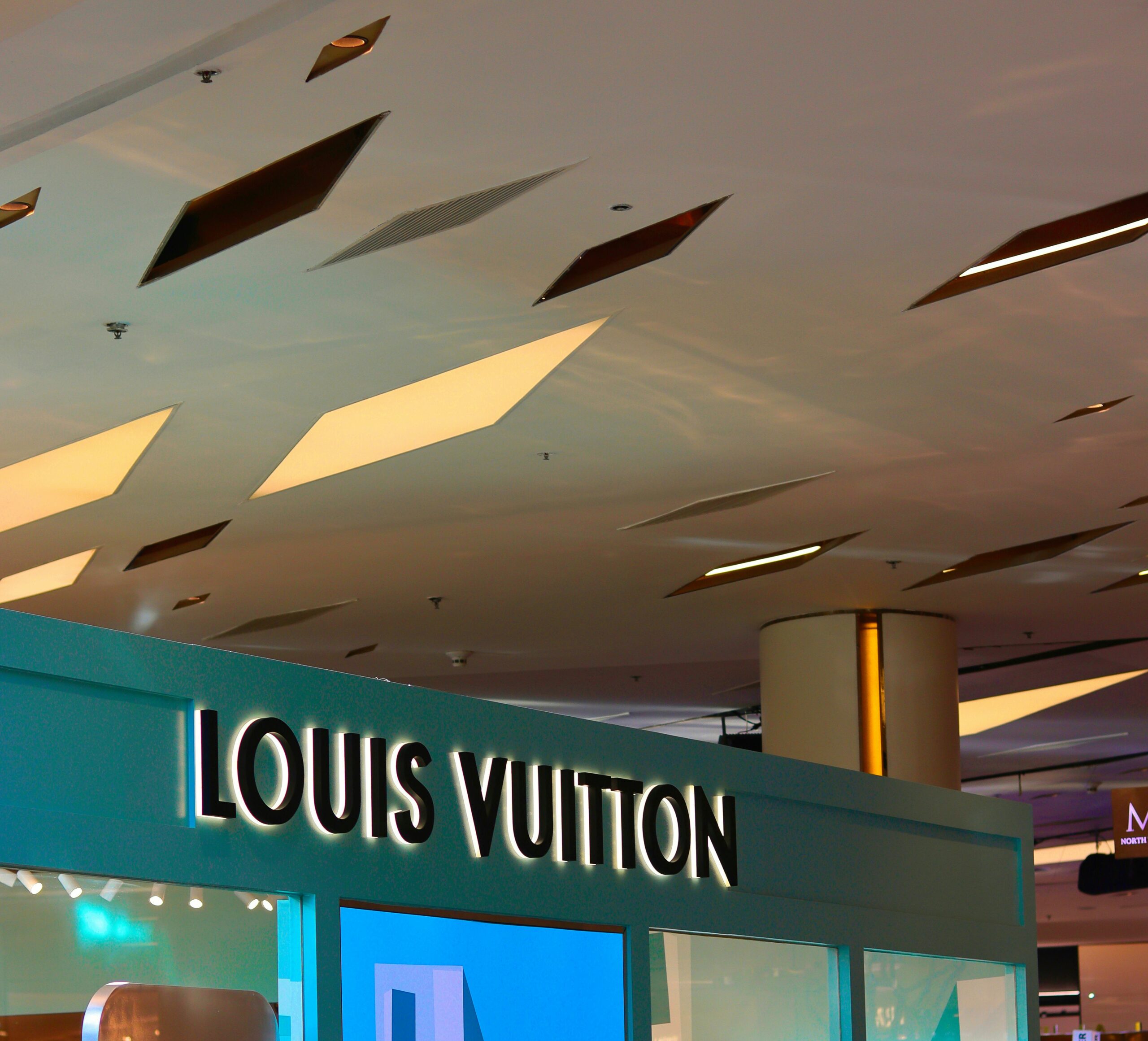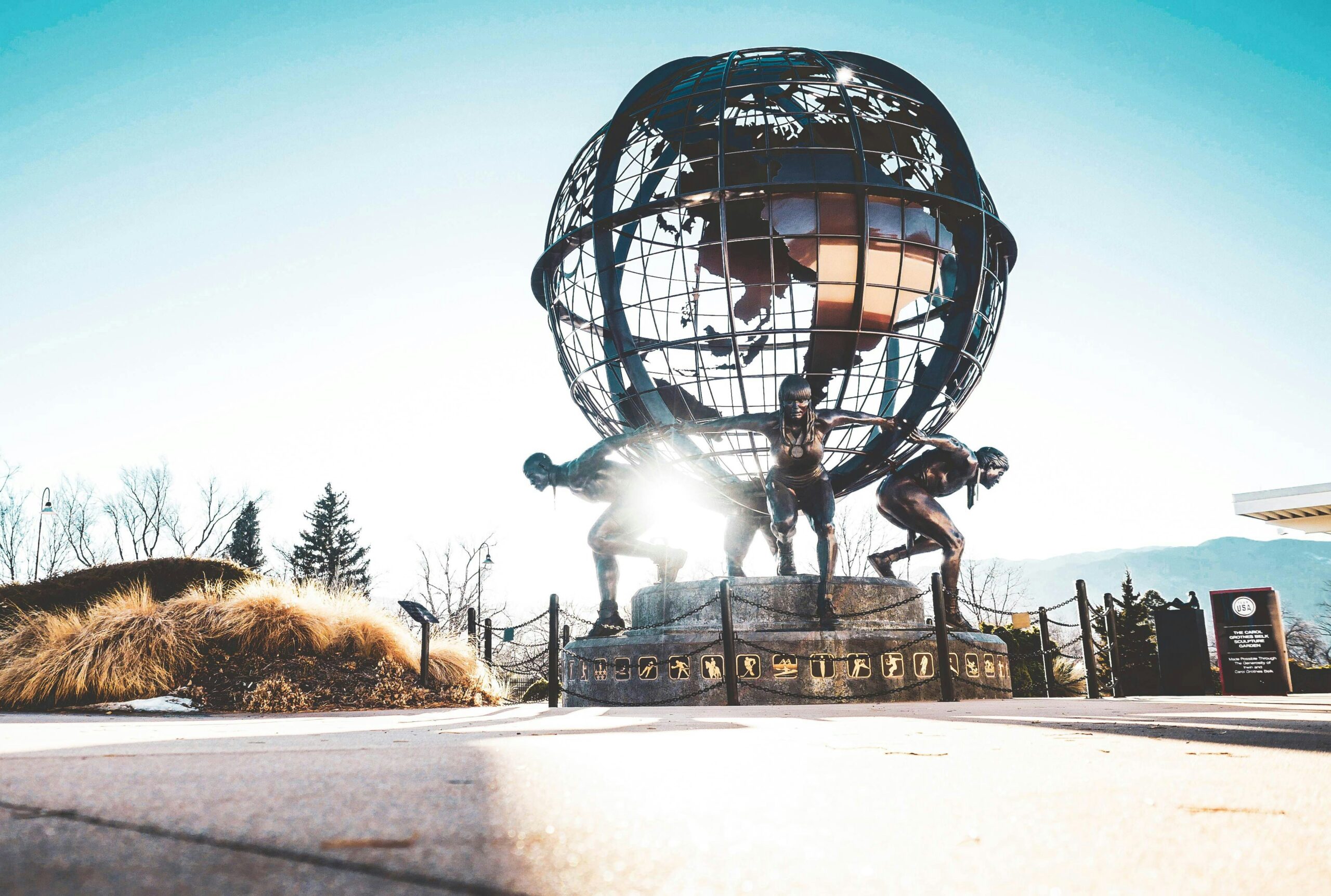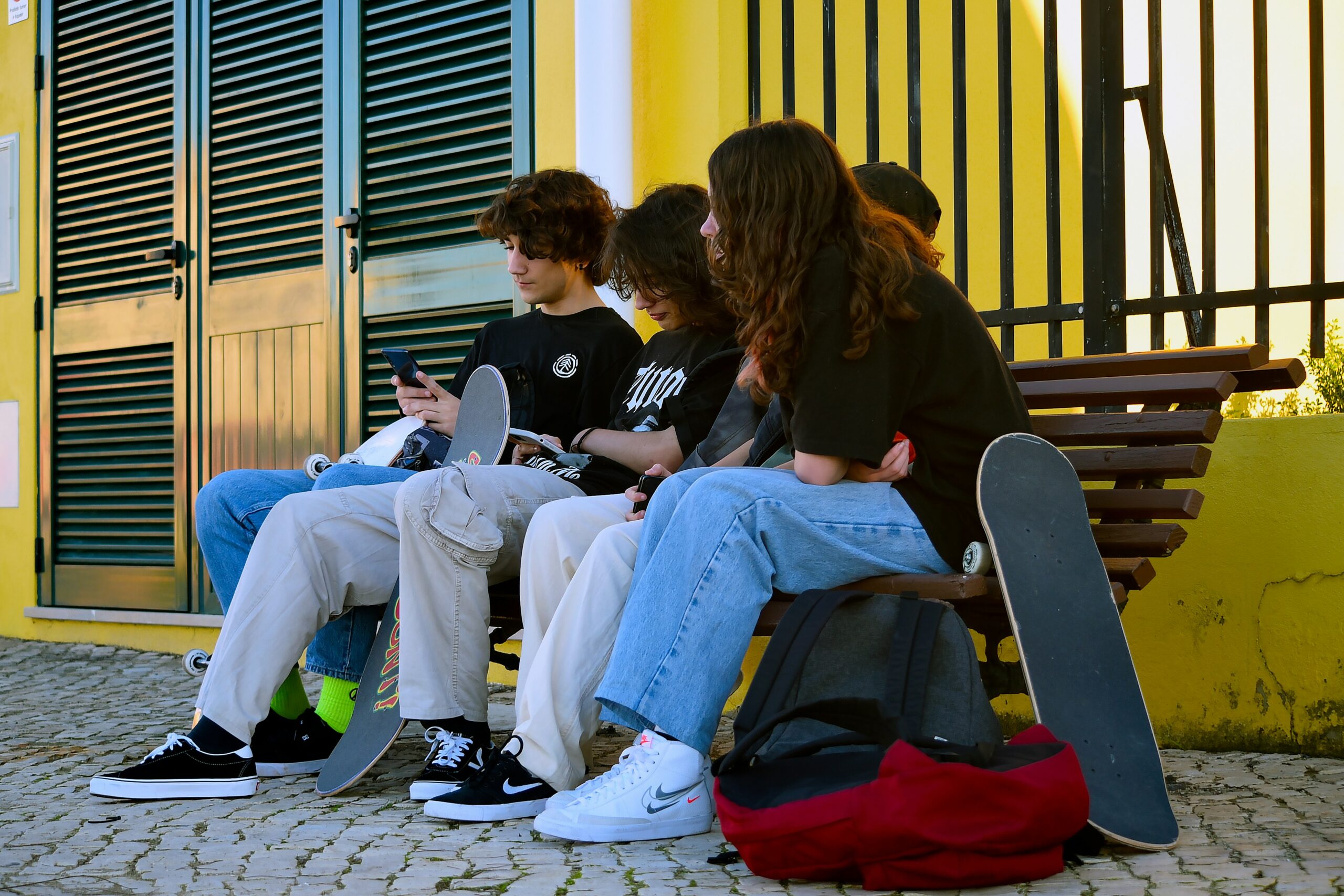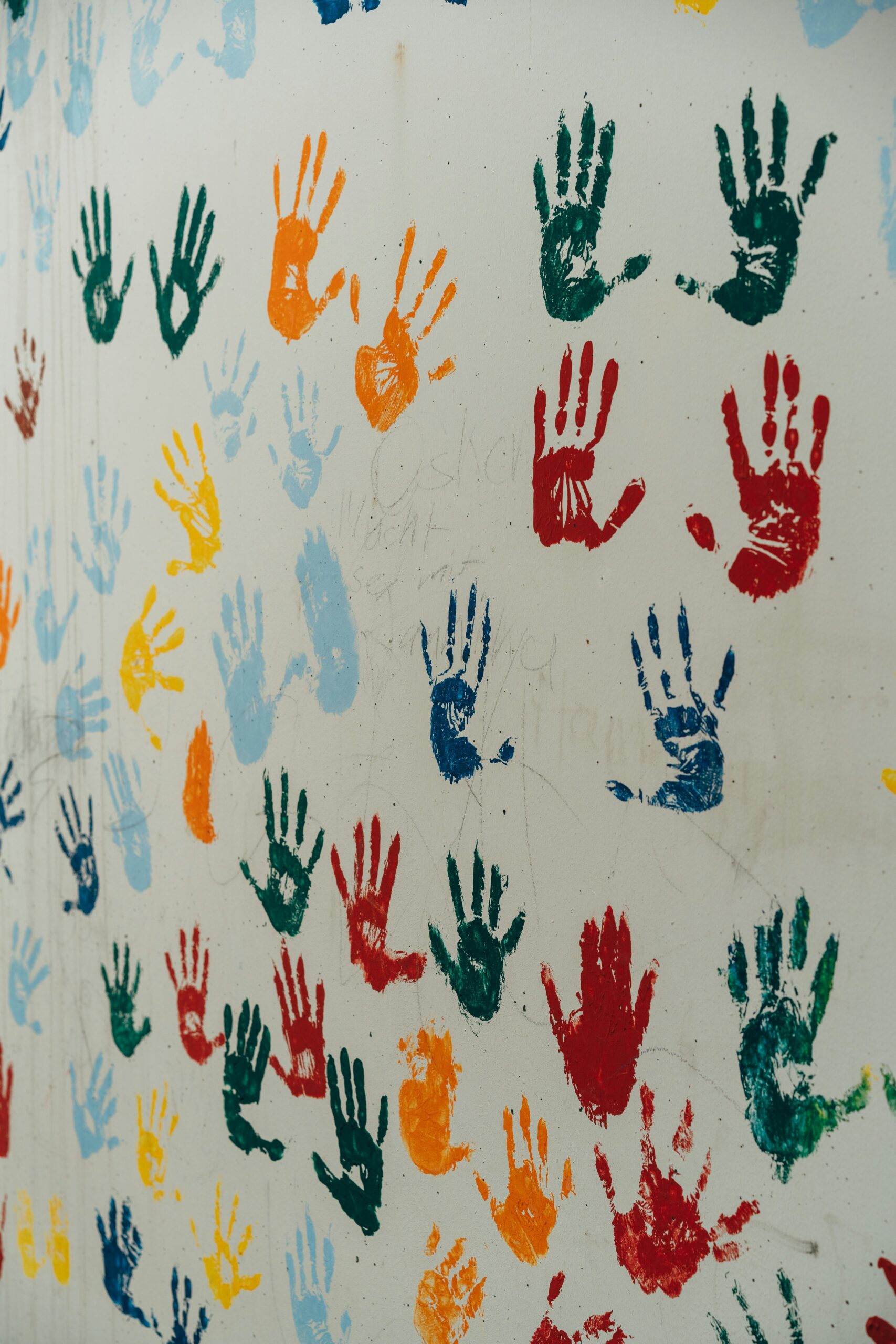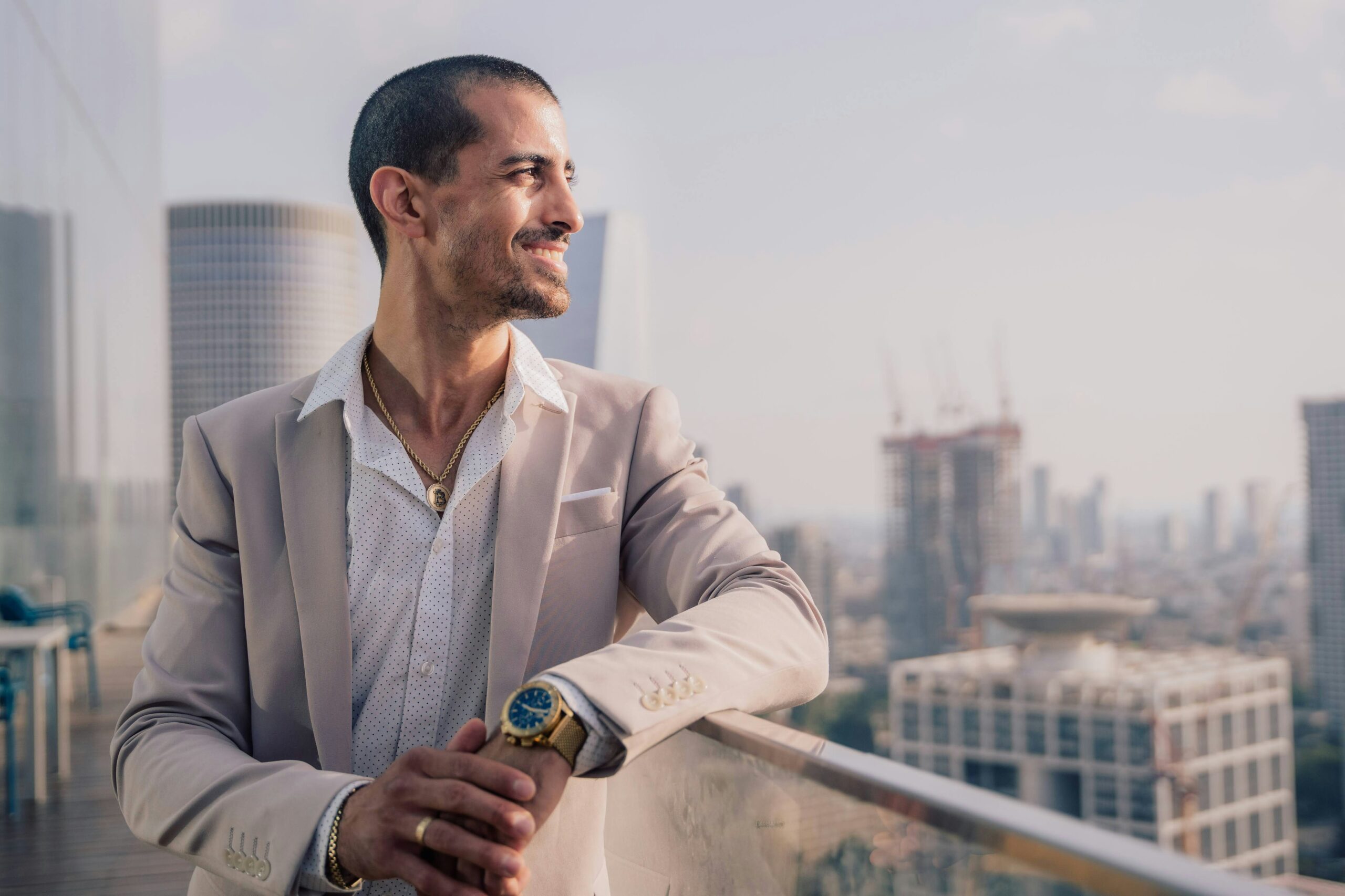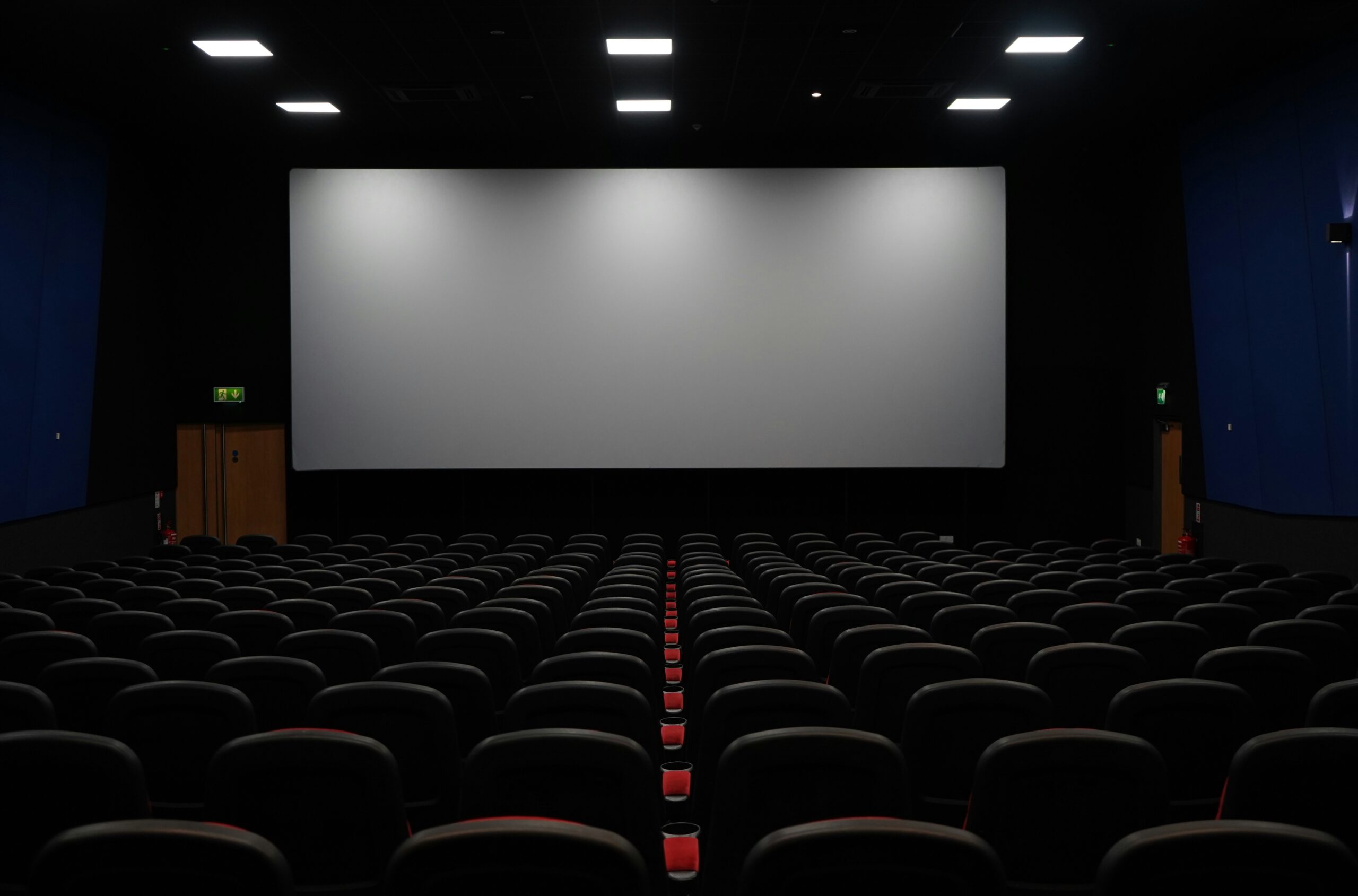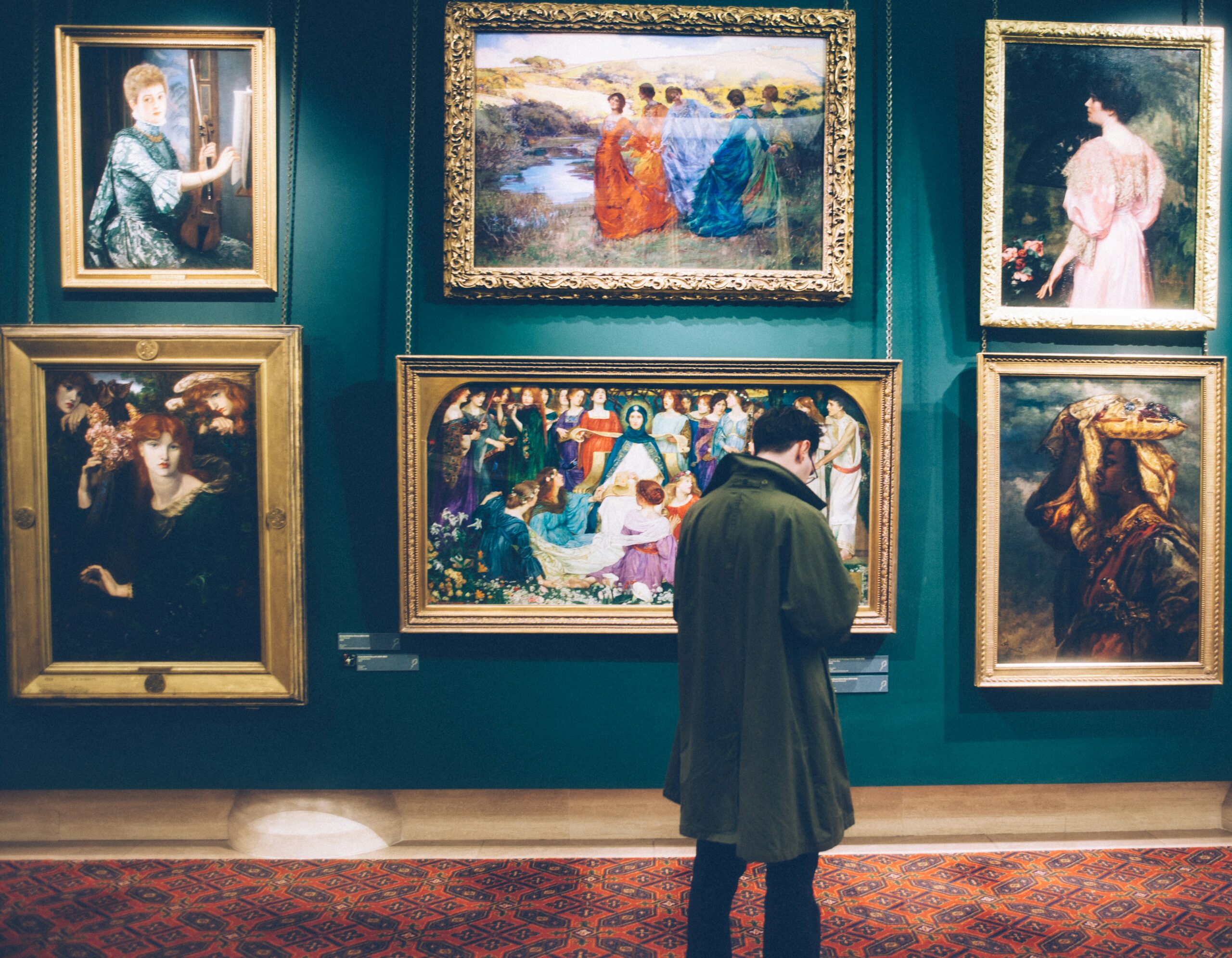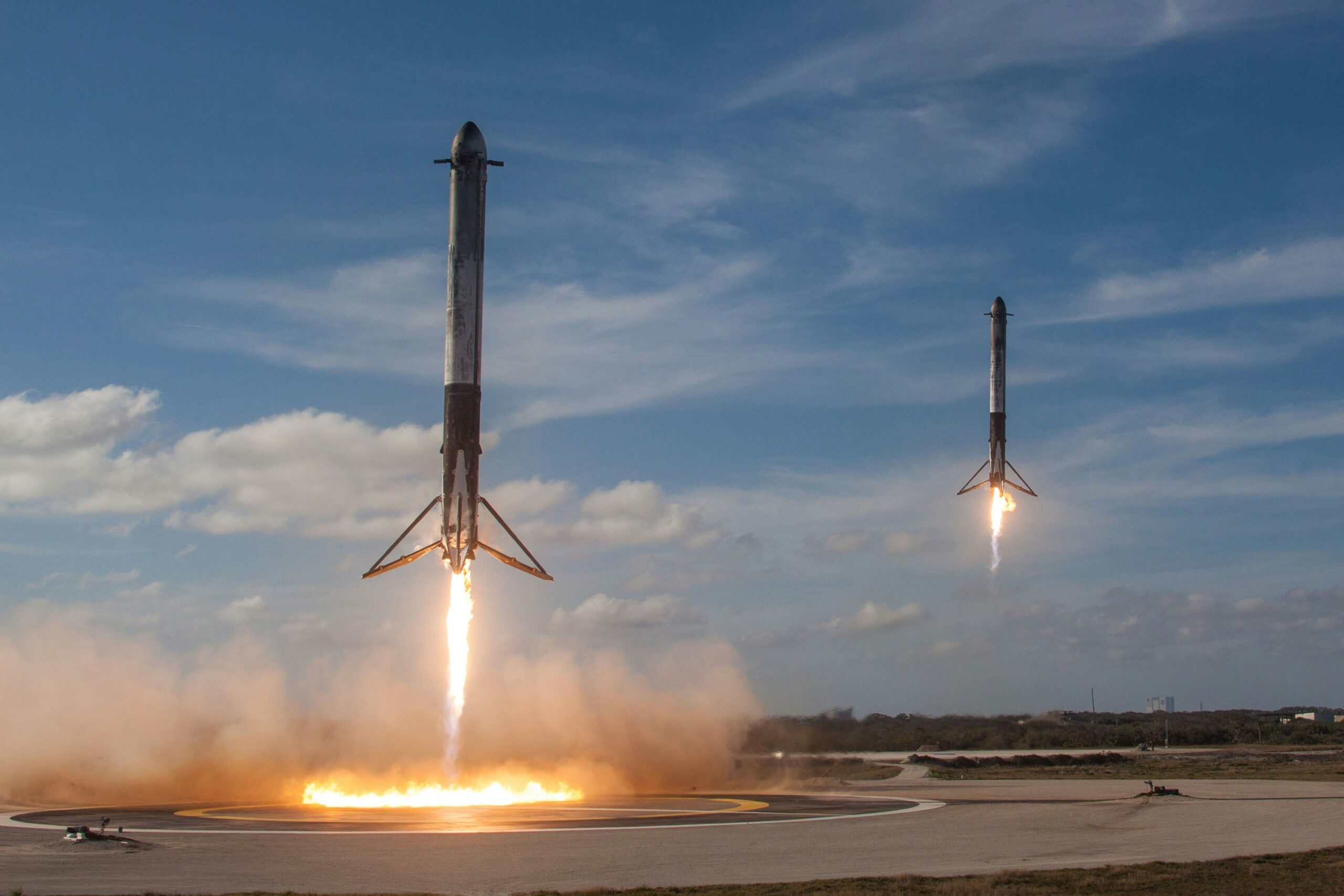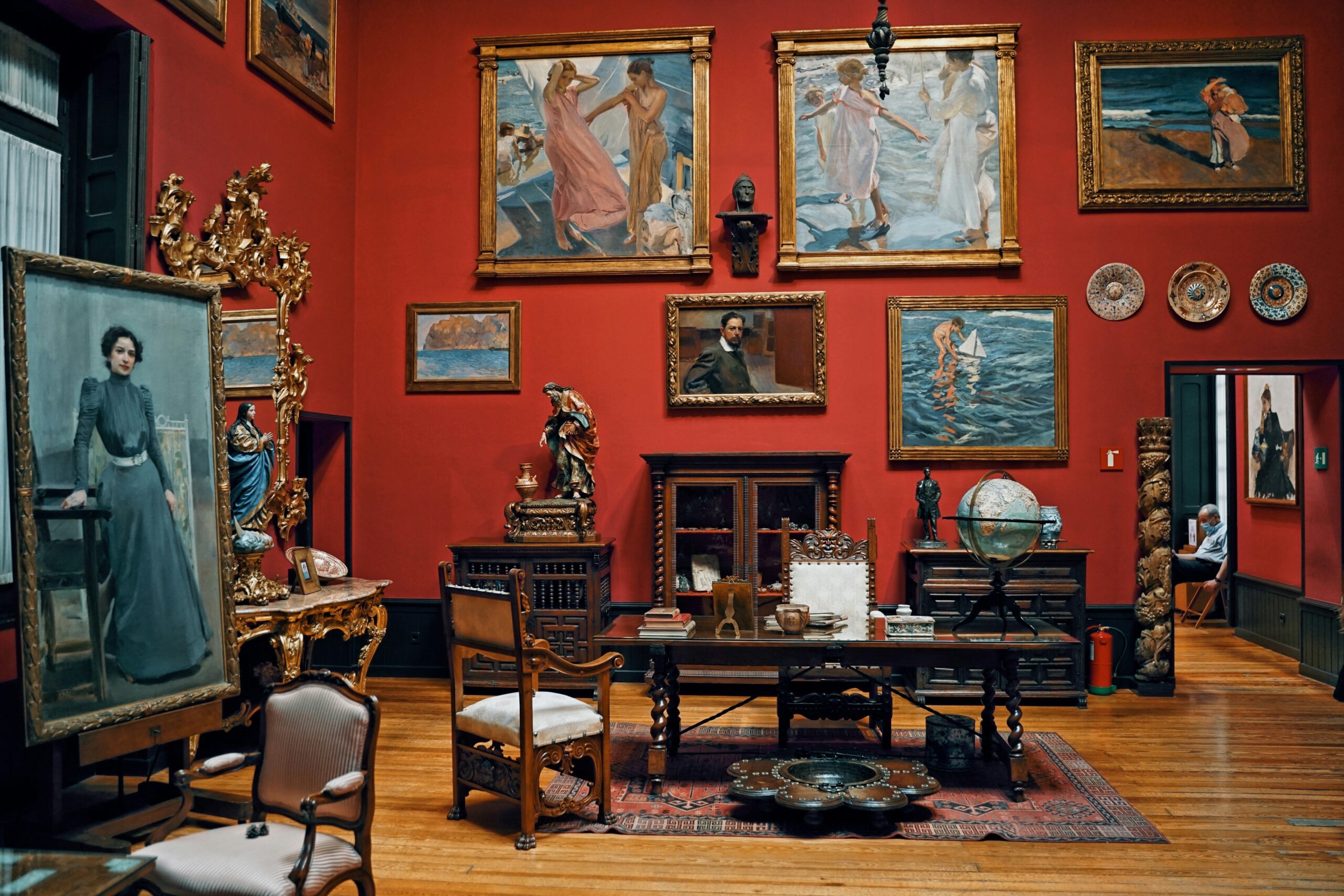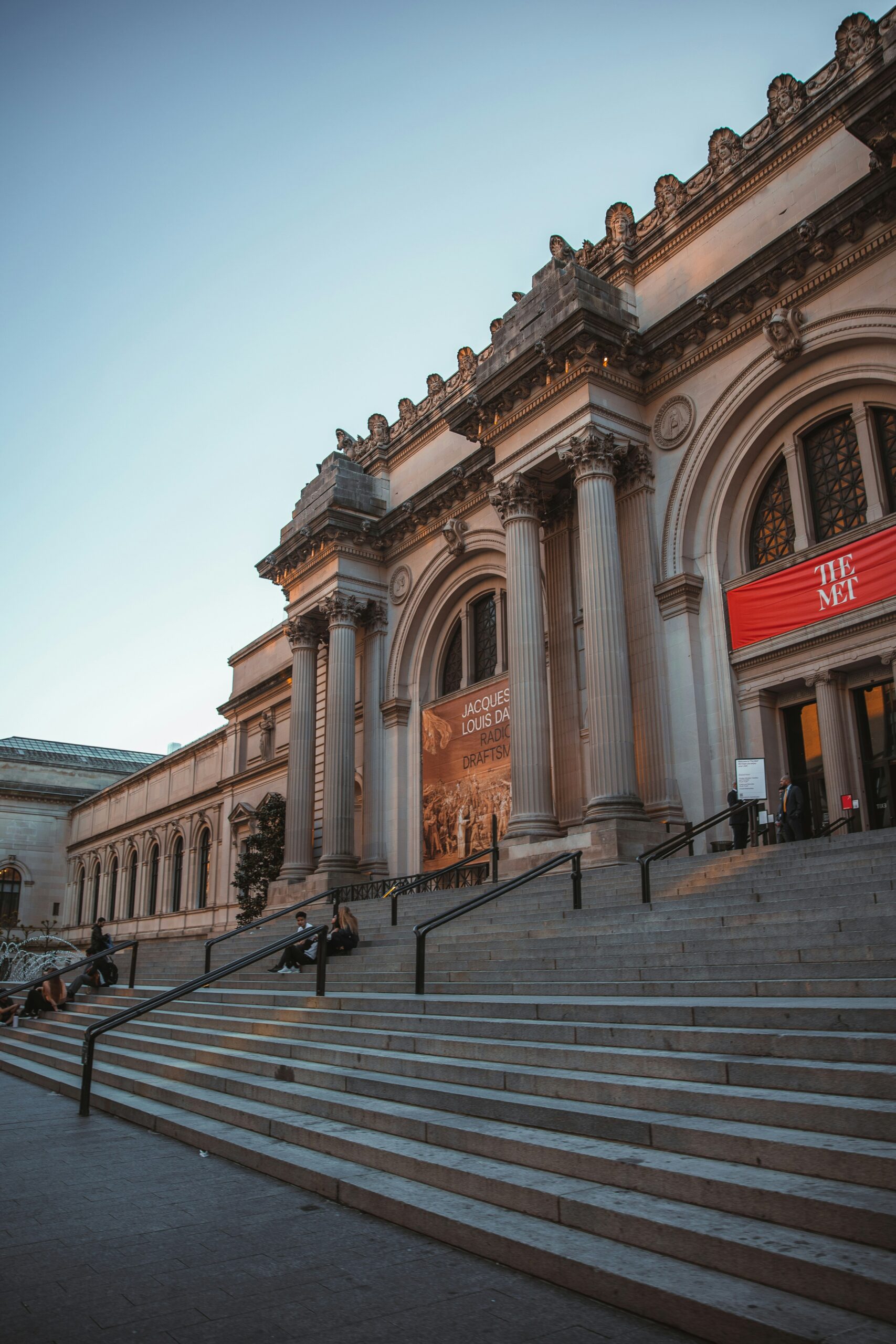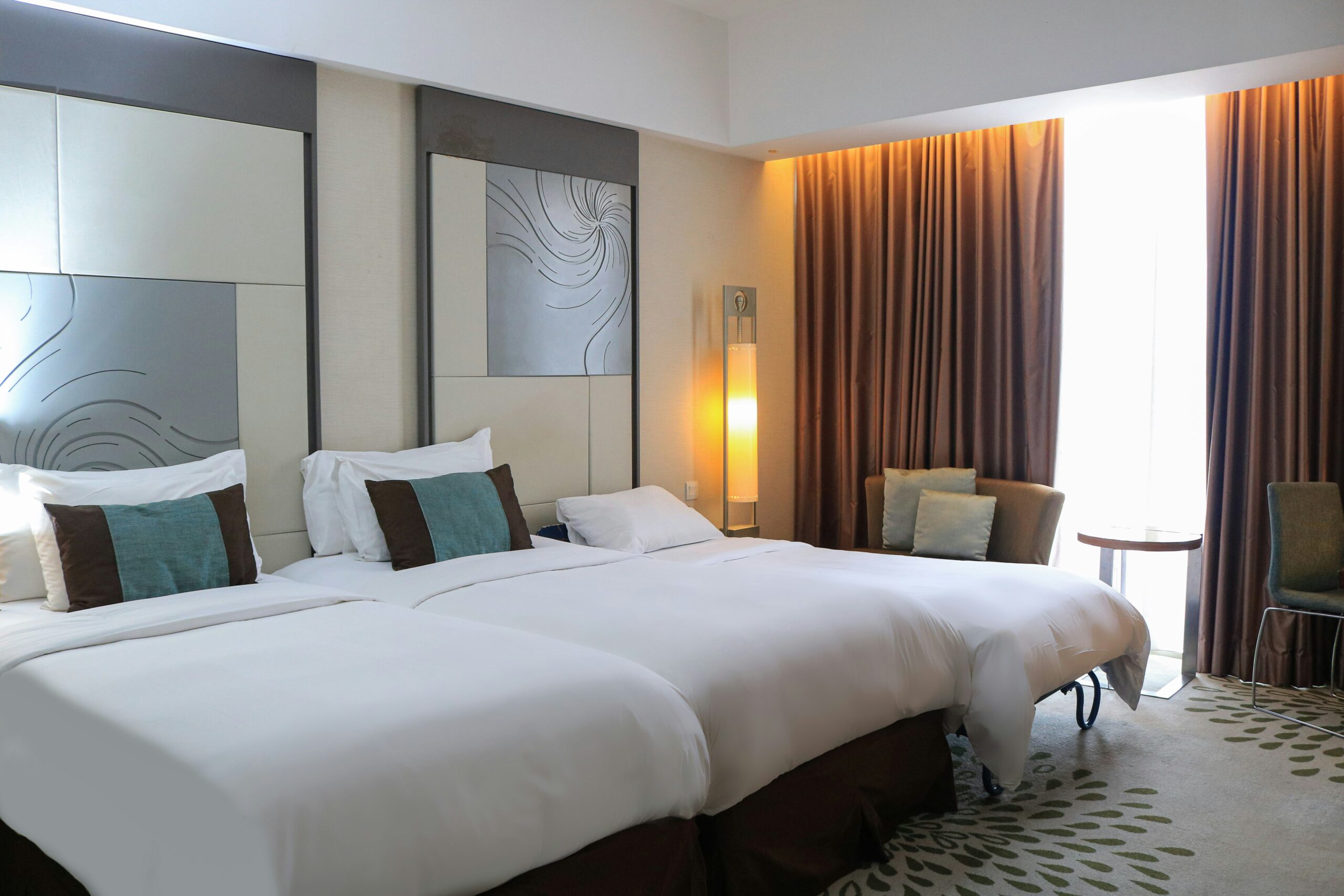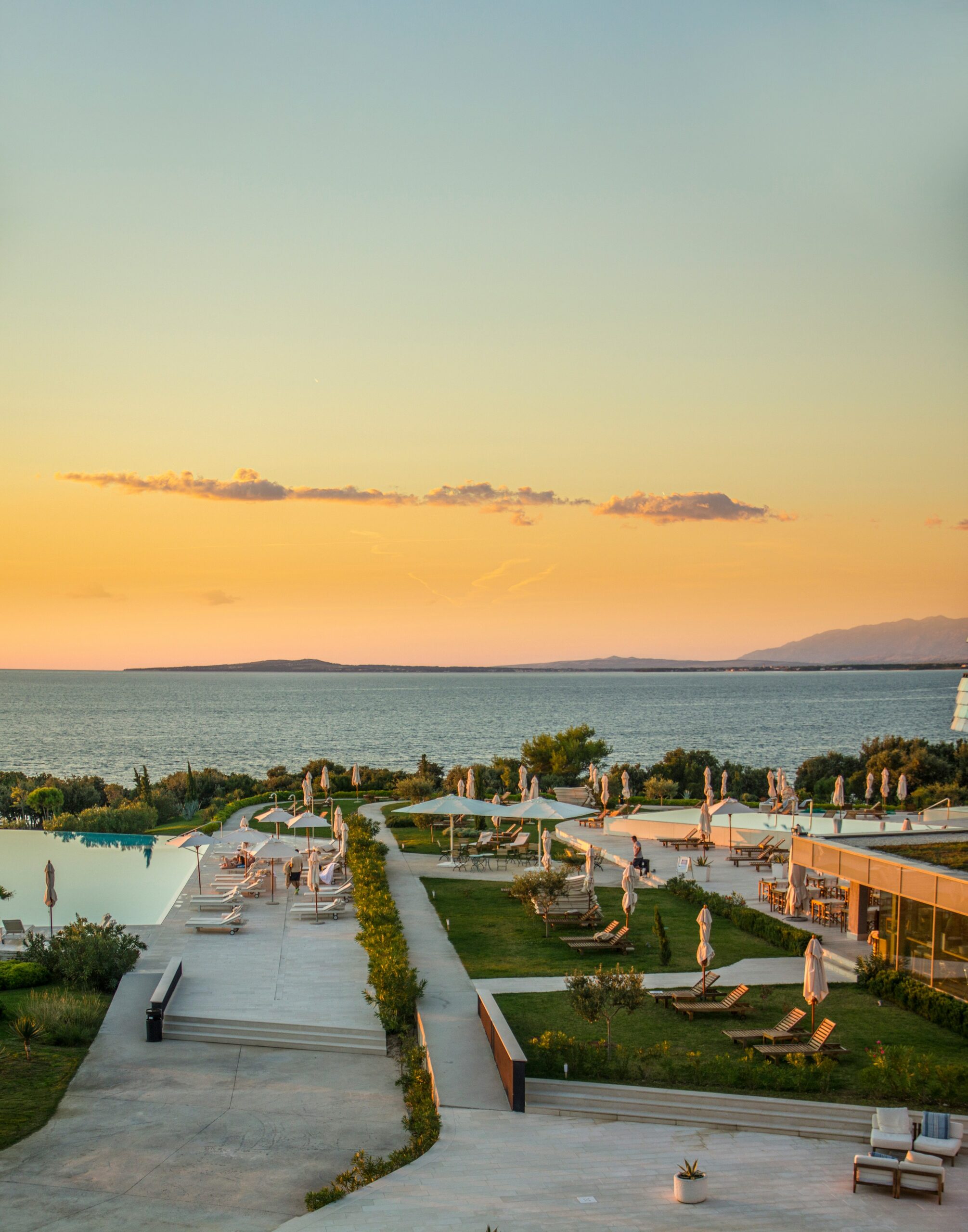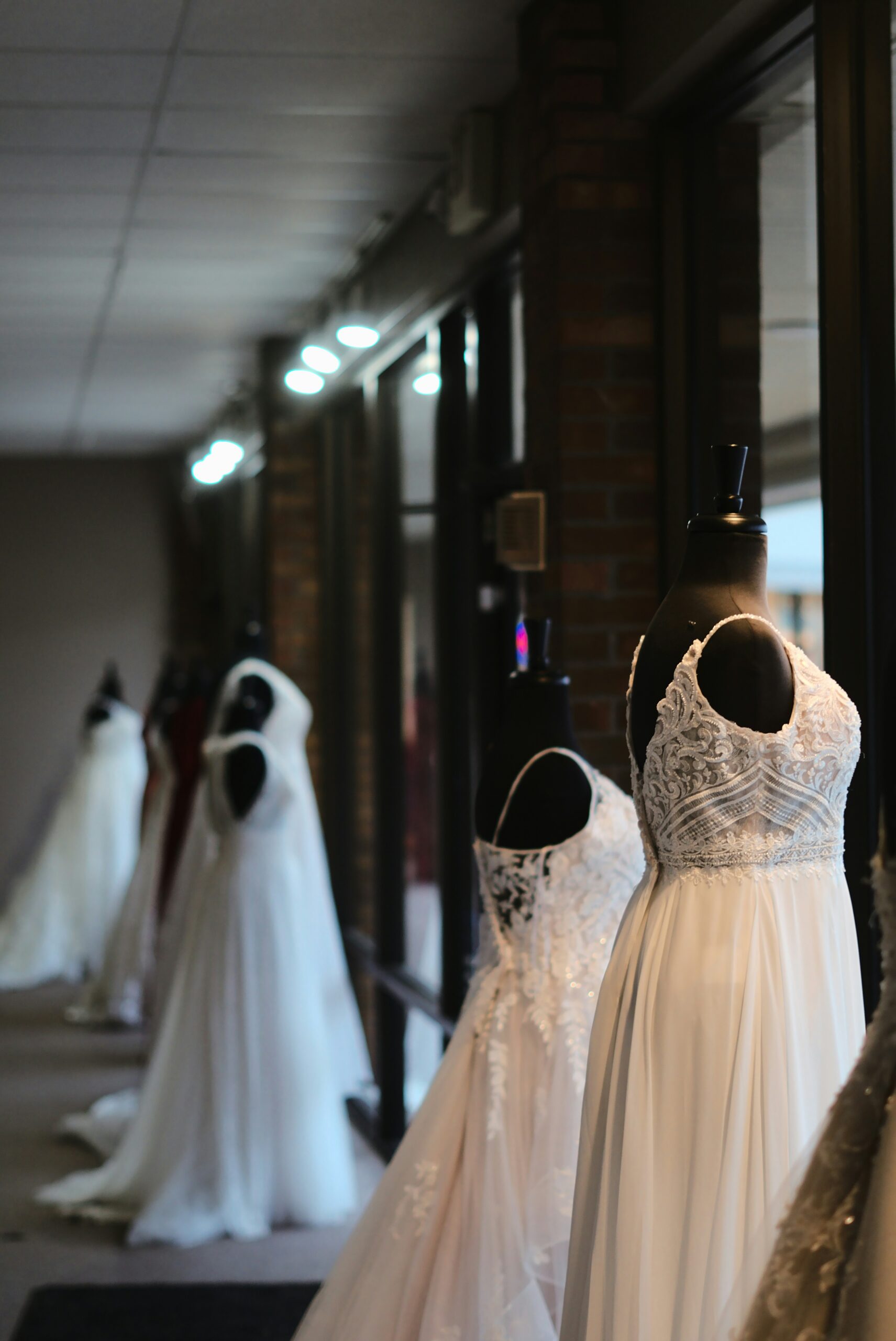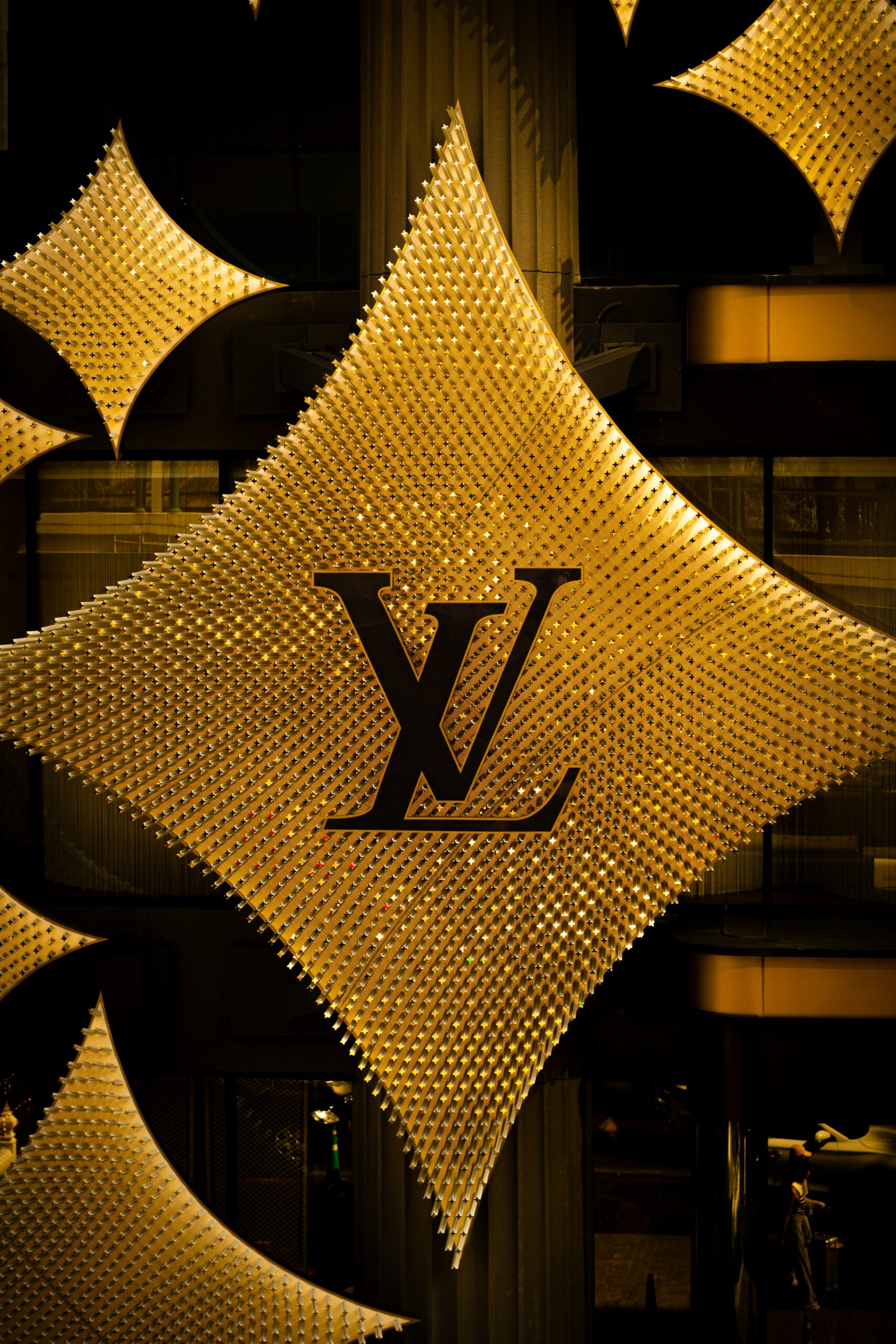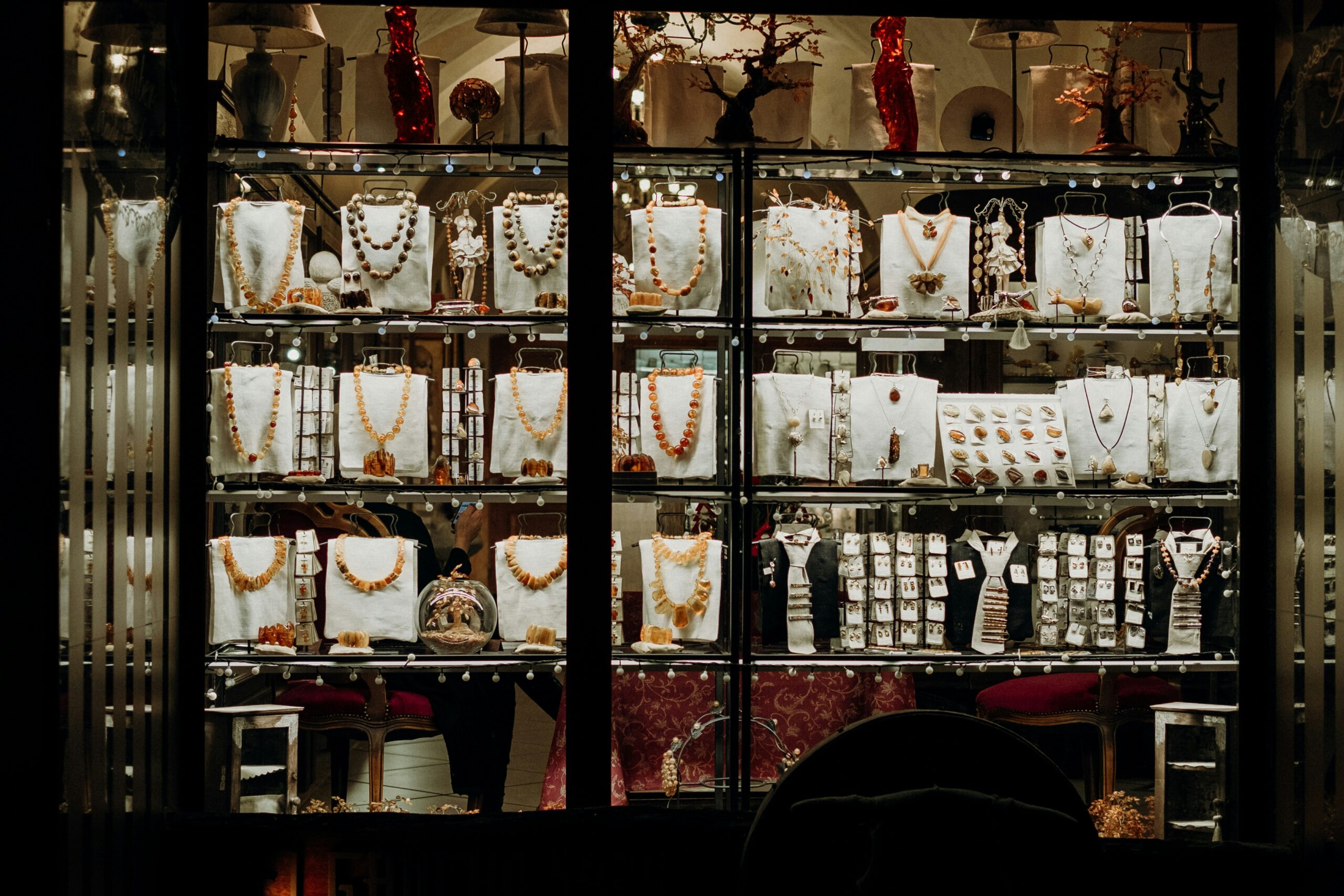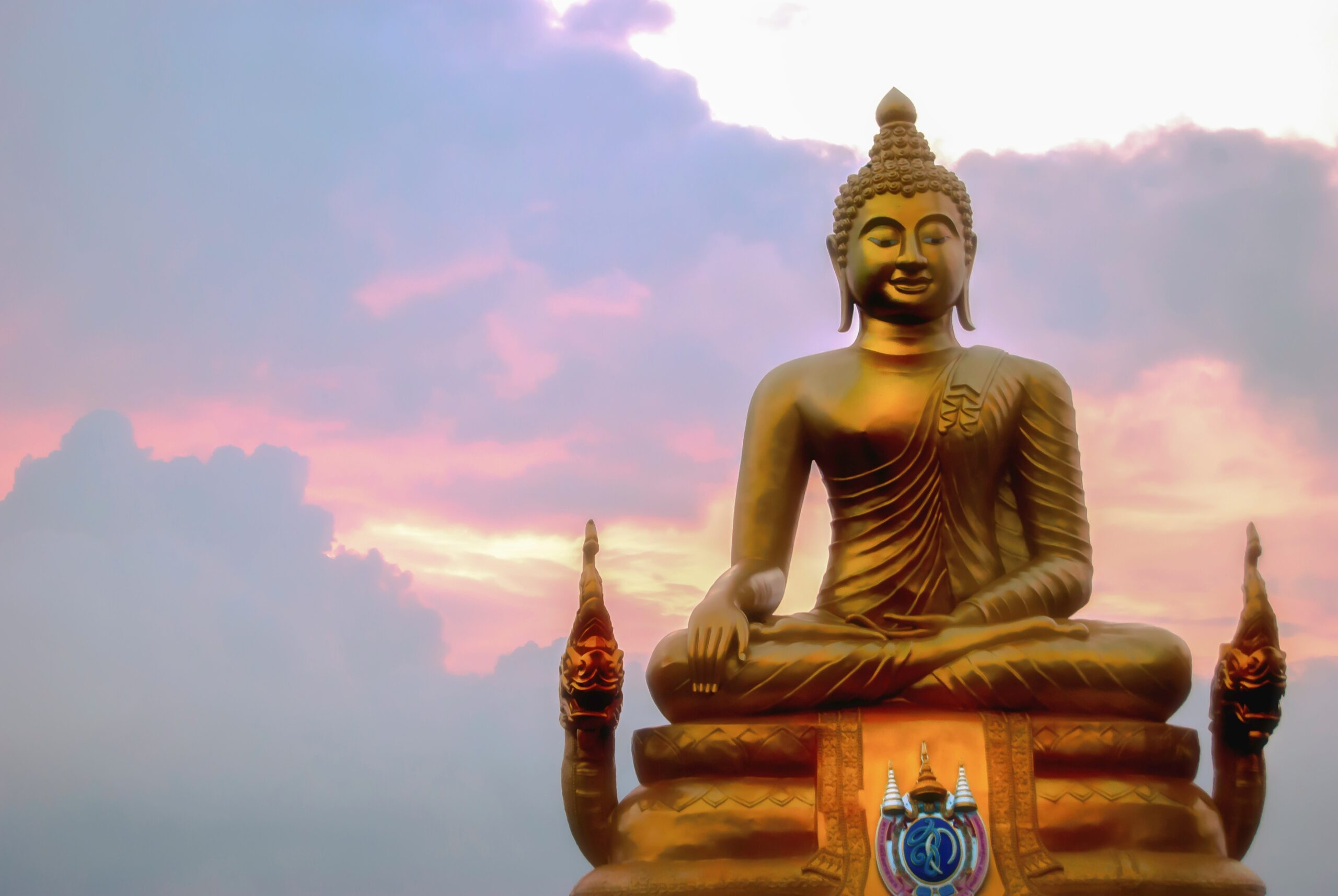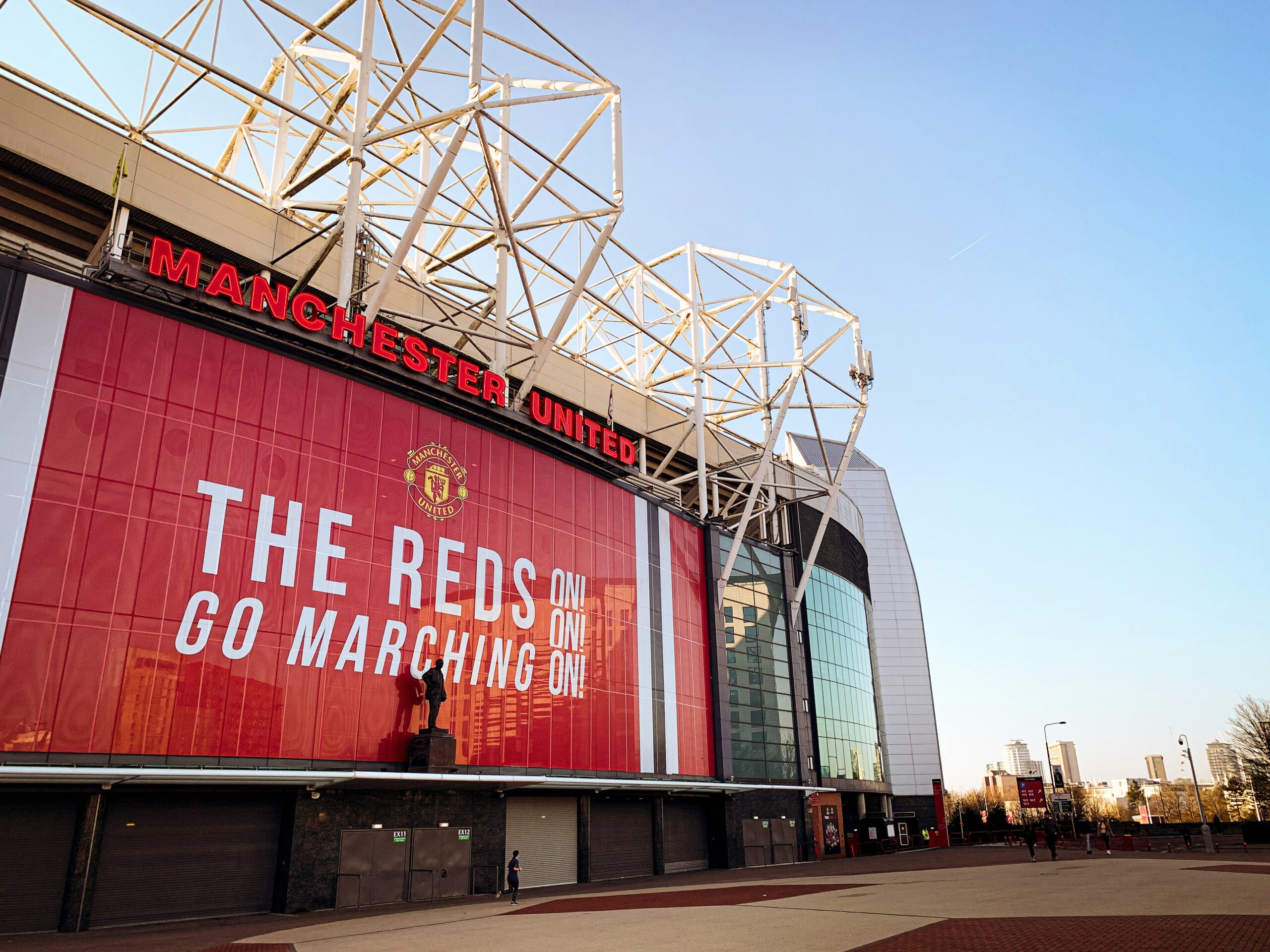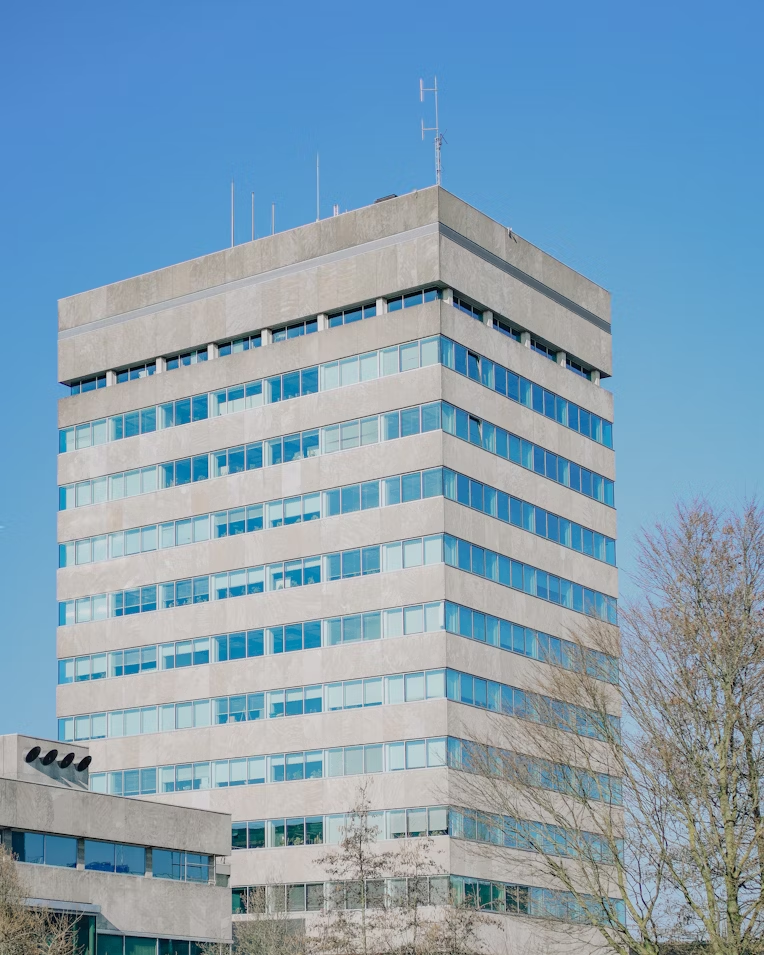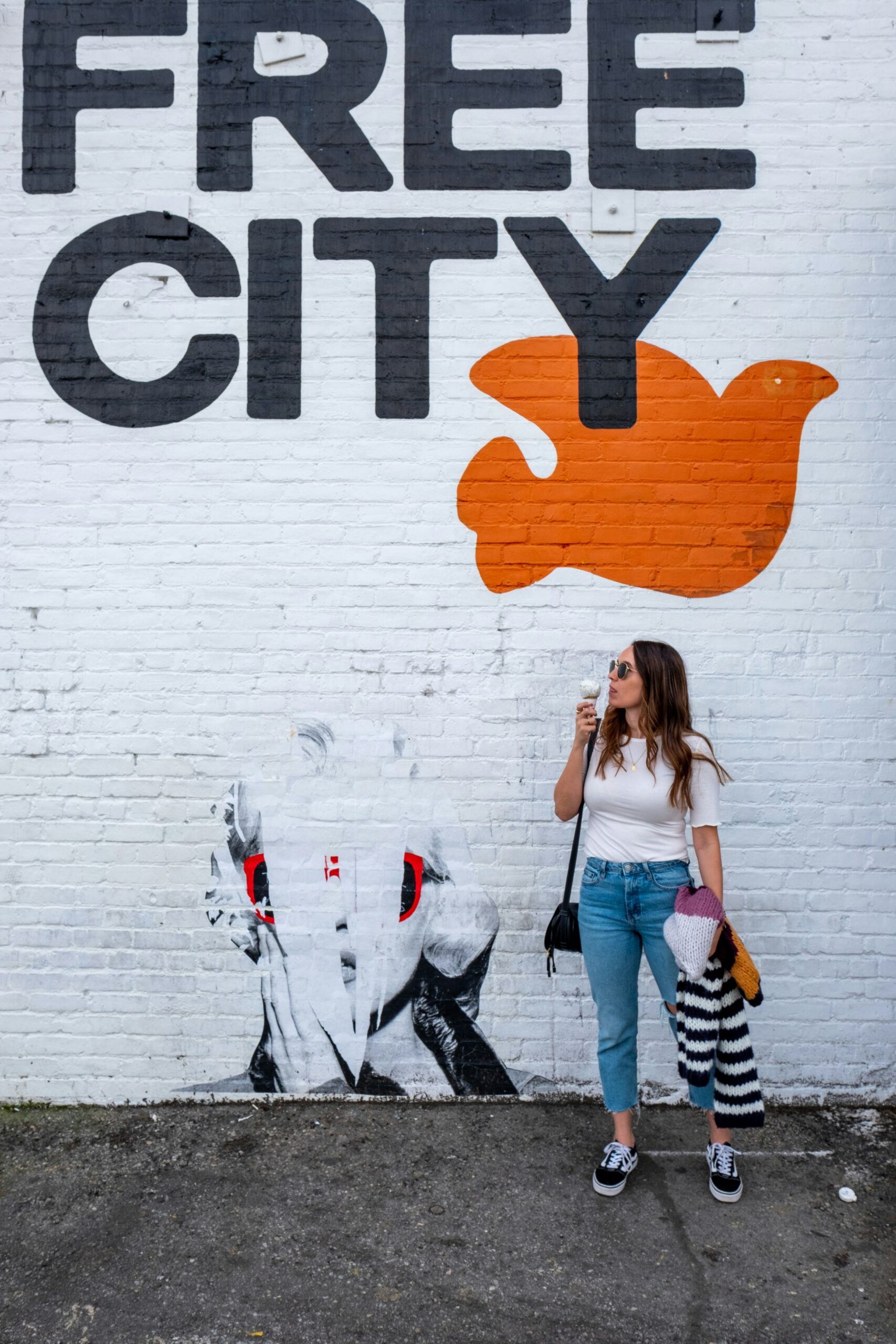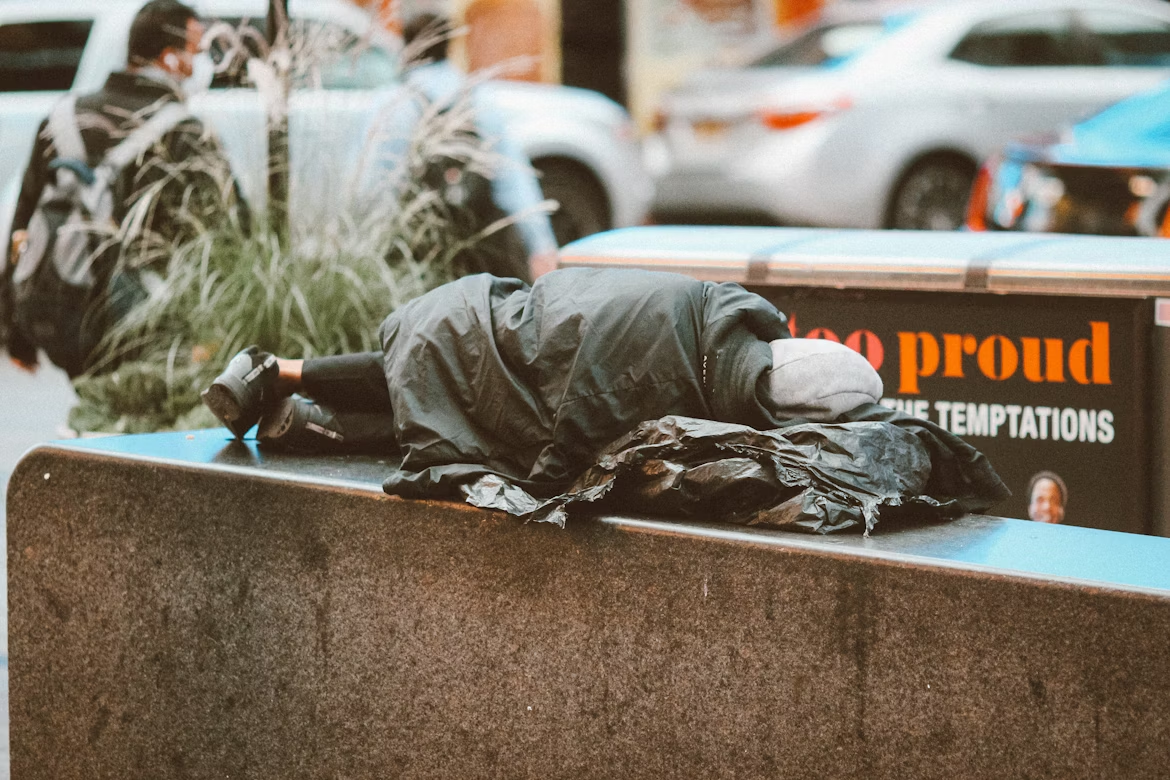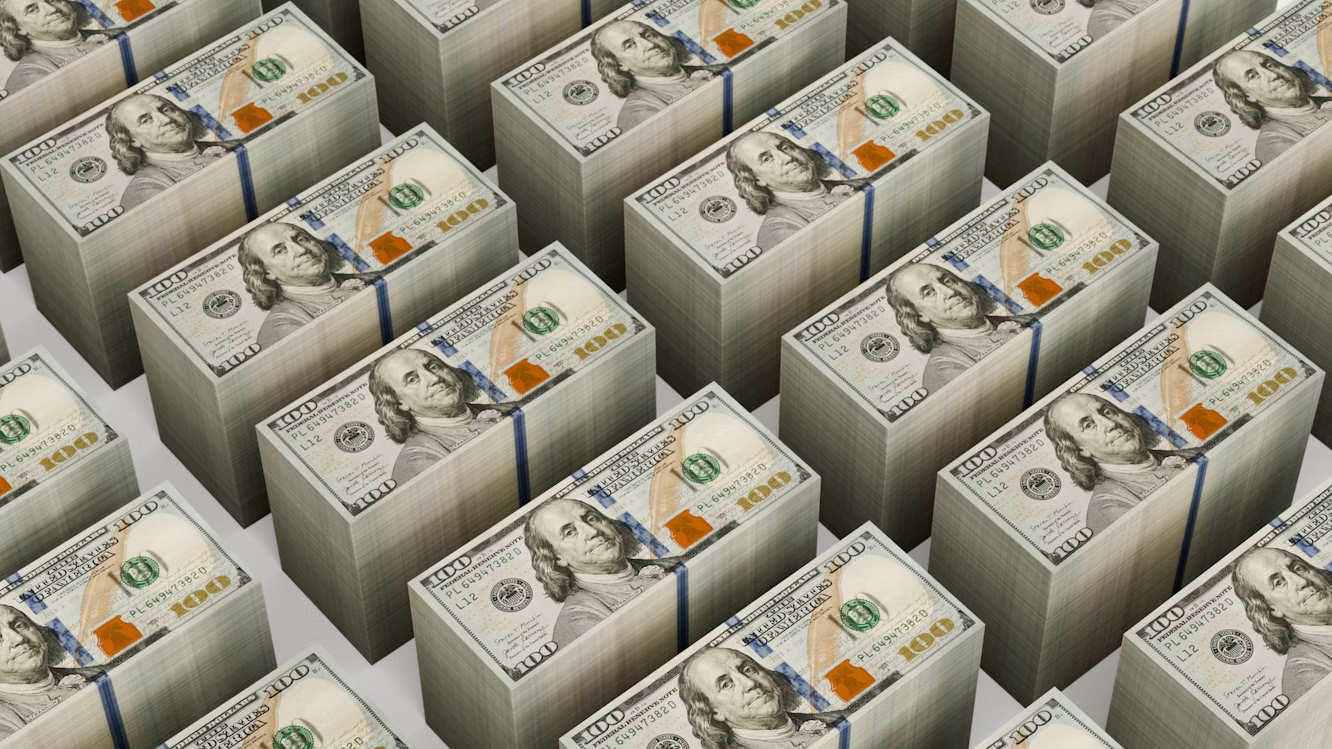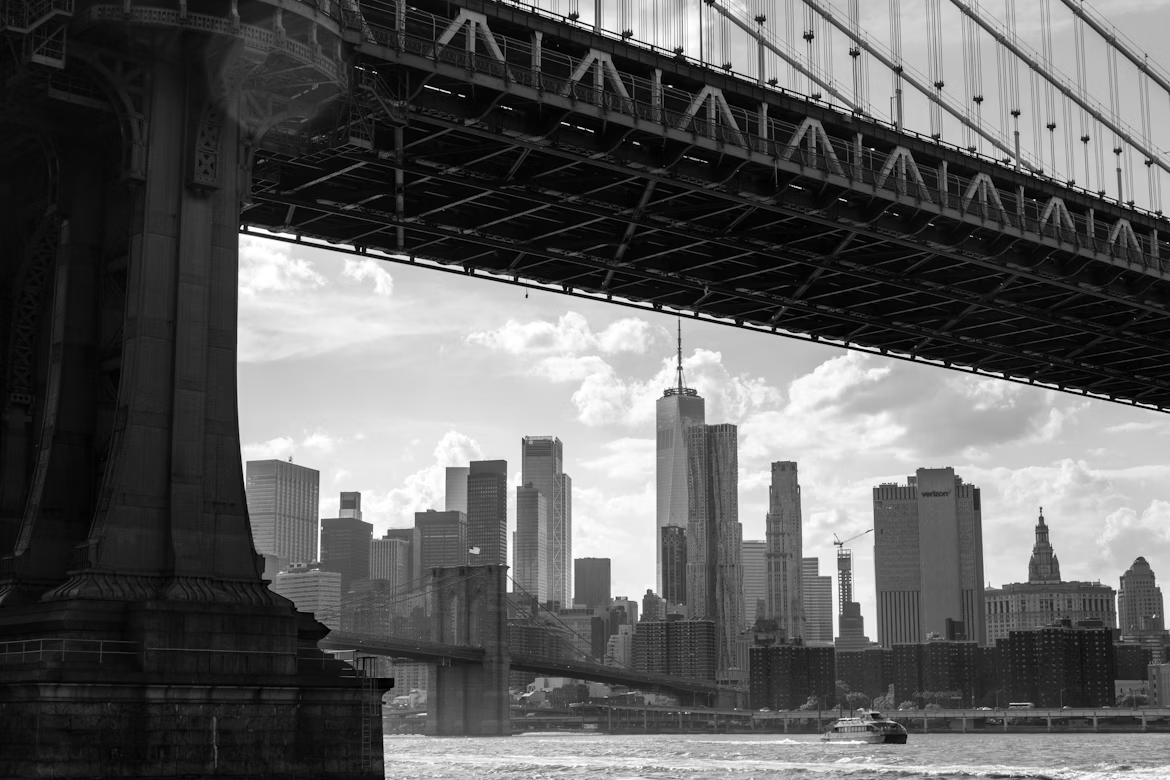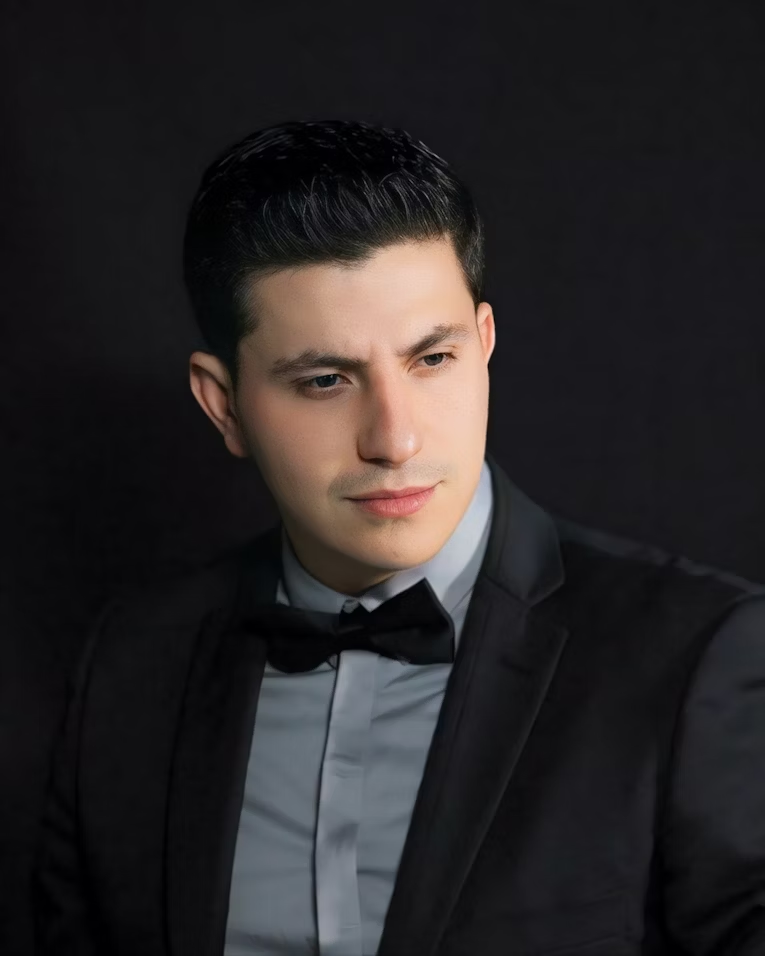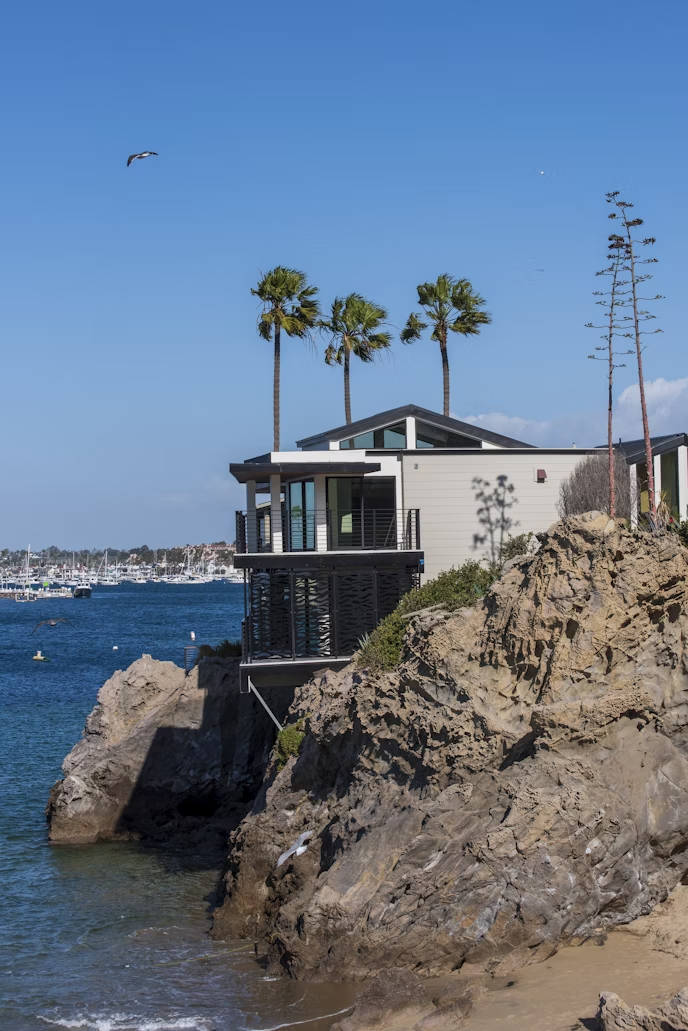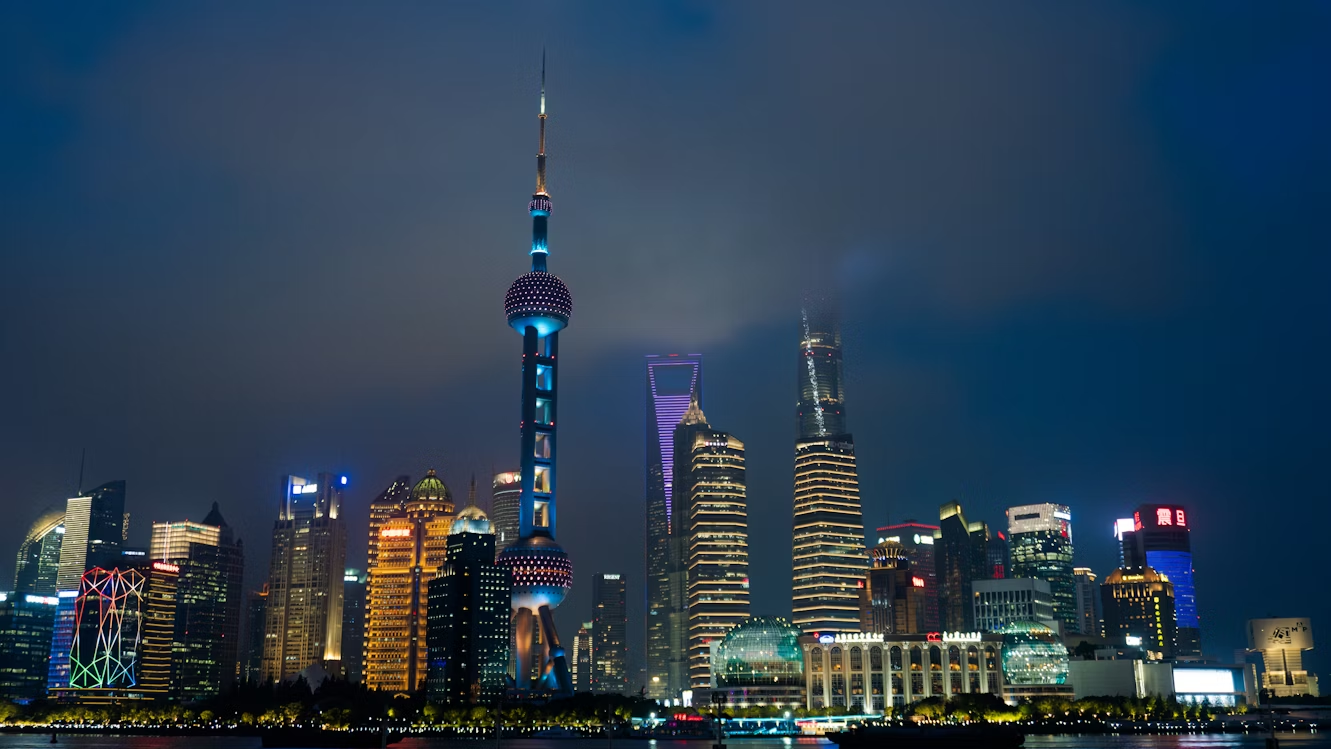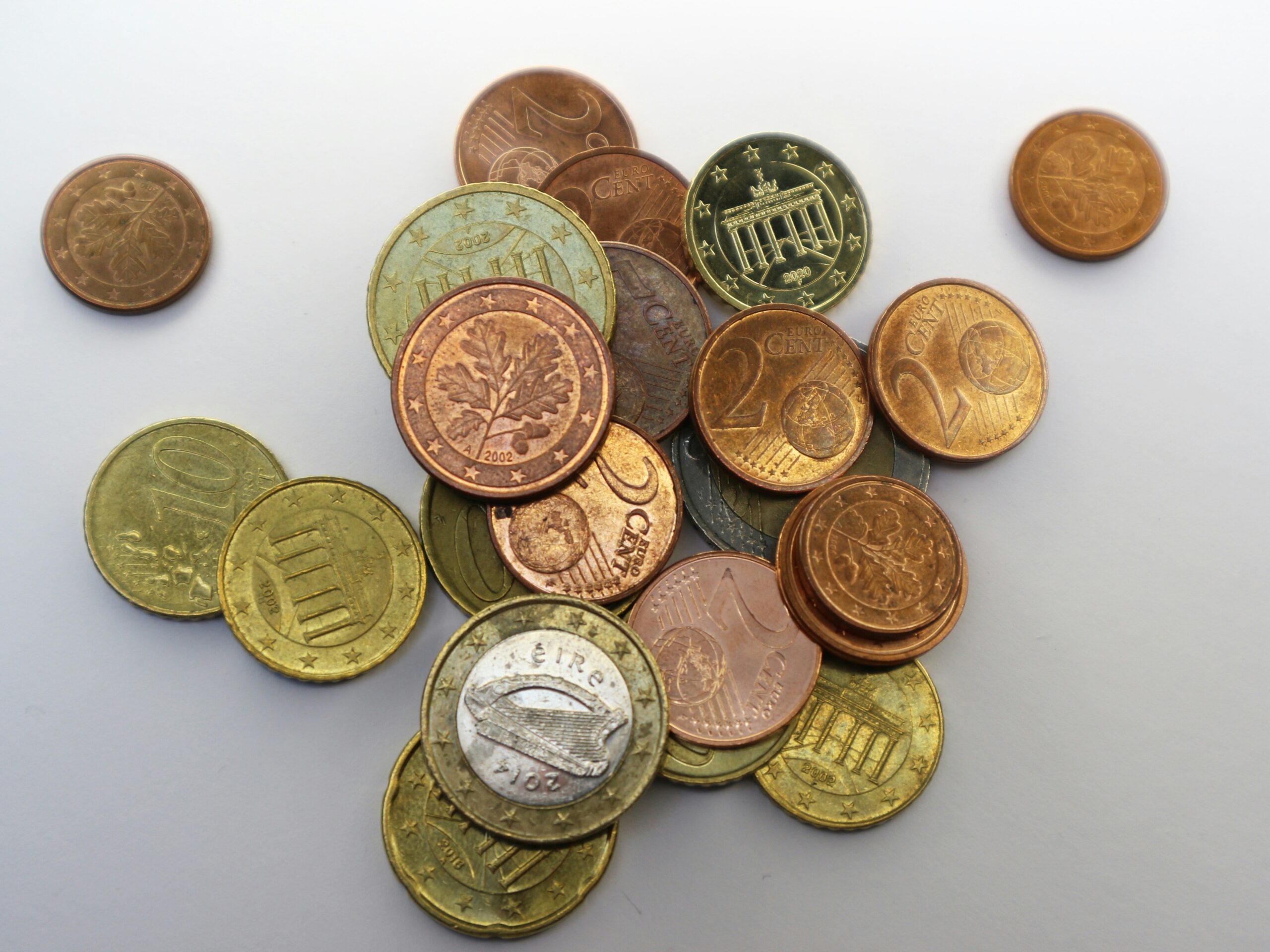Image credit: Unsplash
In development raising questions about the influence of wealth on the judiciary, a 2021-2022 review has uncovered that over 100 federal judges were sent on 251 trips by two conservative legal interests. These trips, funded by George Mason University (GMU) and The Federalist Society, represented over 40% of all travel-related payments for federal judges in these years. This showcases the unprecedented level of influence exerted by these organizations.
The Influence of GMU and The Federalist Society
GMU, particularly its Antonin Scalia Law School, and The Federalist Society have become prominent names in the conservative legal movement. Both institutions have been backed by billionaire donors with vested interests in how federal laws are interpreted. The allure of trips offered to judges lies in their luxurious nature, ranging from plush destinations to all-expenses-paid accommodations. Judges are not mandated to disclose the full costs of these excursions, adding a layer of opacity to these relationships.
Caroline Fredrickson, a professor at Georgetown Law, emphasized the concerning aspects of this trend. She pointed out that these trips are not just about leisure; they are about ensuring that judges are exposed to a particular point of view in settings that make attendance more appealing, specifically concerning legal analysis.
A Deeper Look into the Data
The Lever’s review of financial disclosure forms filed by over 1,300 federal judges revealed at least 595 instances of travel-related expense disclosures. GMU and The Federalist Society emerged as the primary funders, with no other organization coming close to their level of contributions. This dominant position underscores their significant role in shaping judicial experiences and potentially their viewpoints.
The Role of Leonard Leo and Charles Koch
Leonard Leo, co-chair of The Federalist Society and former Donald Trump judicial adviser, is a central figure in this narrative. Known for orchestrating the conservative supermajority in the Supreme Court, Leo’s efforts have been significantly supported by anonymous, large-scale donations. One notable instance is the $1.6 billion dark money donation he received in 2021. Similarly, GMU has received substantial funding from Charles Koch, a well-known libertarian and an opponent of environmental regulations. These financial injections have raised concerns about the impartiality of legal education and the judiciary’s independence.
Judicial Programs and Their Implications
The Law and Economics Center at GMU is known for hosting judicial educational programs in high-end locations. These events often combine brief educational sessions with extensive leisure activities, leading to suspicions about their true educational value. High-profile judges like Jeffrey Sutton, Chad Readler, and Amul Thapar have been frequent participants, raising questions about the influence of these programs on their legal reasoning and rulings.
Judicial Decisions Under the Lens
The involvement of these judges in key legal decisions, such as those affecting abortion rights and gender-affirming care, indicates the potential impact of such influences. Decisions made by these judges have far-reaching consequences, and their frequent participation in luxury-funded trips casts a shadow on their judicial independence.
Public Trust and the Need for Transparency
This pattern of luxurious trips funded by conservative legal interests for federal judges is alarming, particularly in light of the potential influence over judicial decisions. A lack of complete transparency in these matters further exacerbates concerns about the erosion of public trust in the judiciary. The need for ethical boundaries and transparency in judicial interactions with organizations, particularly those funded by wealthy donors, is more critical than ever.
